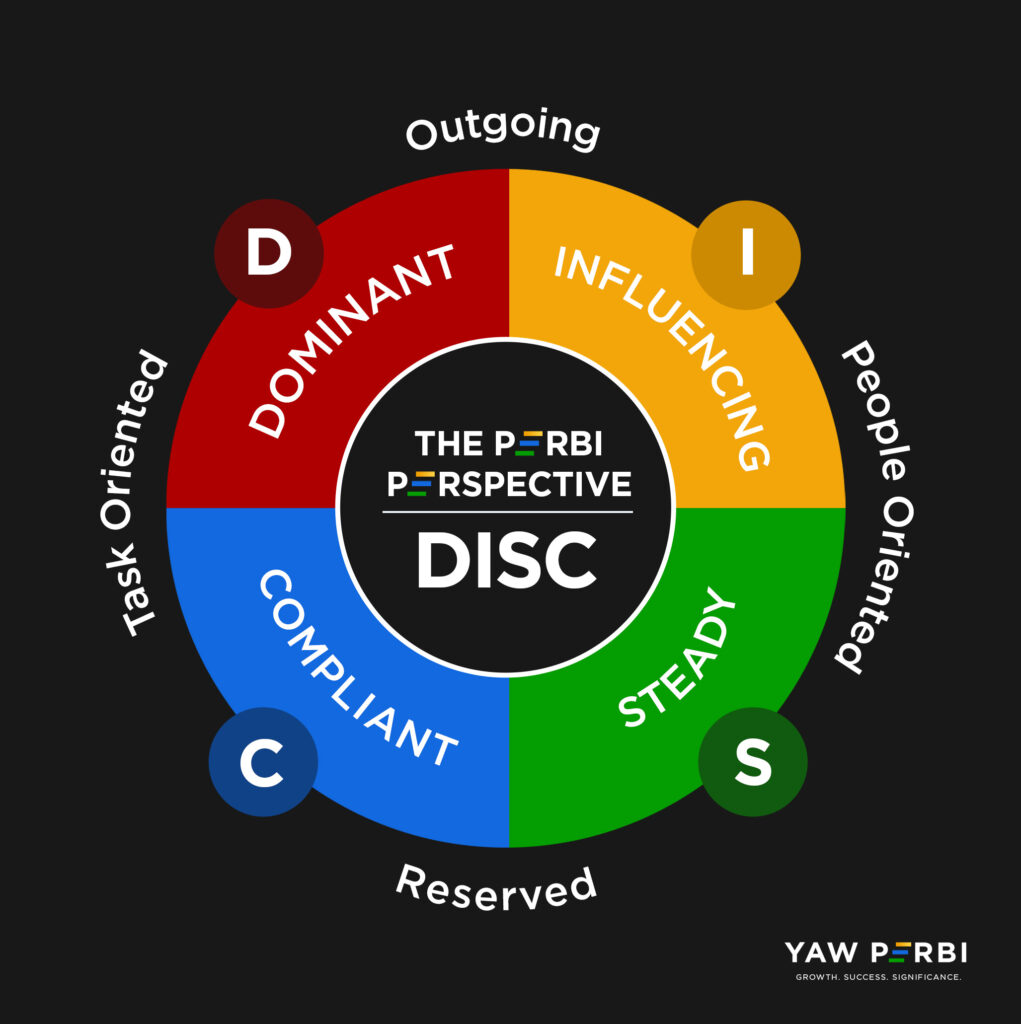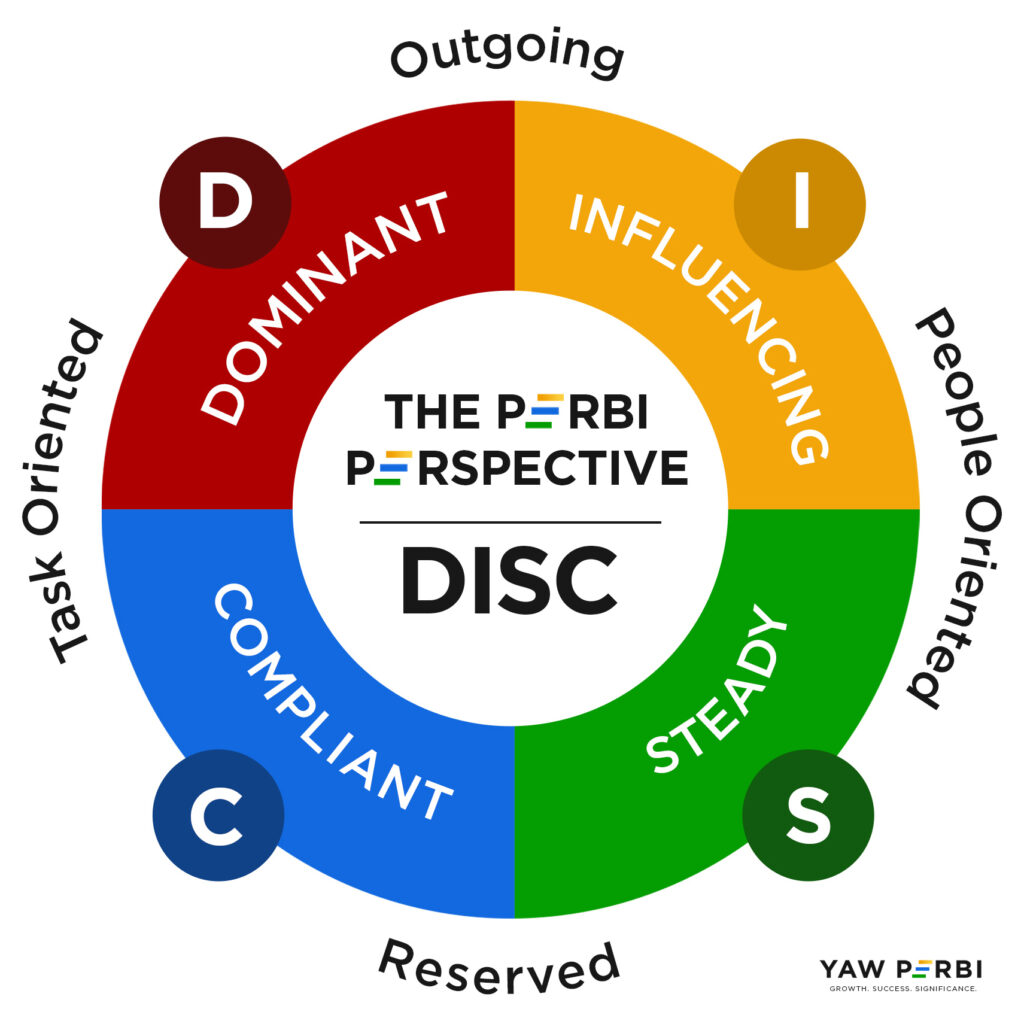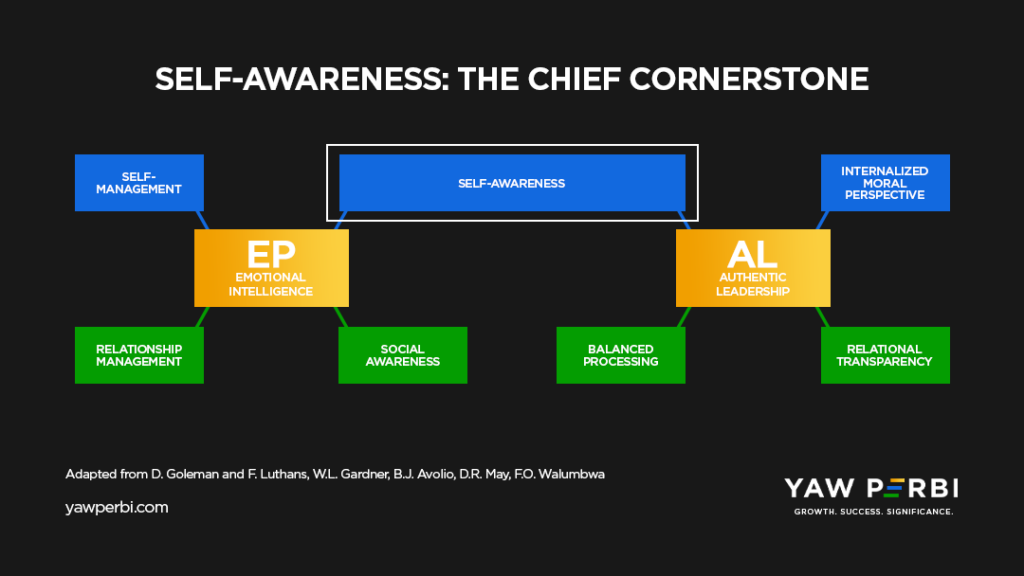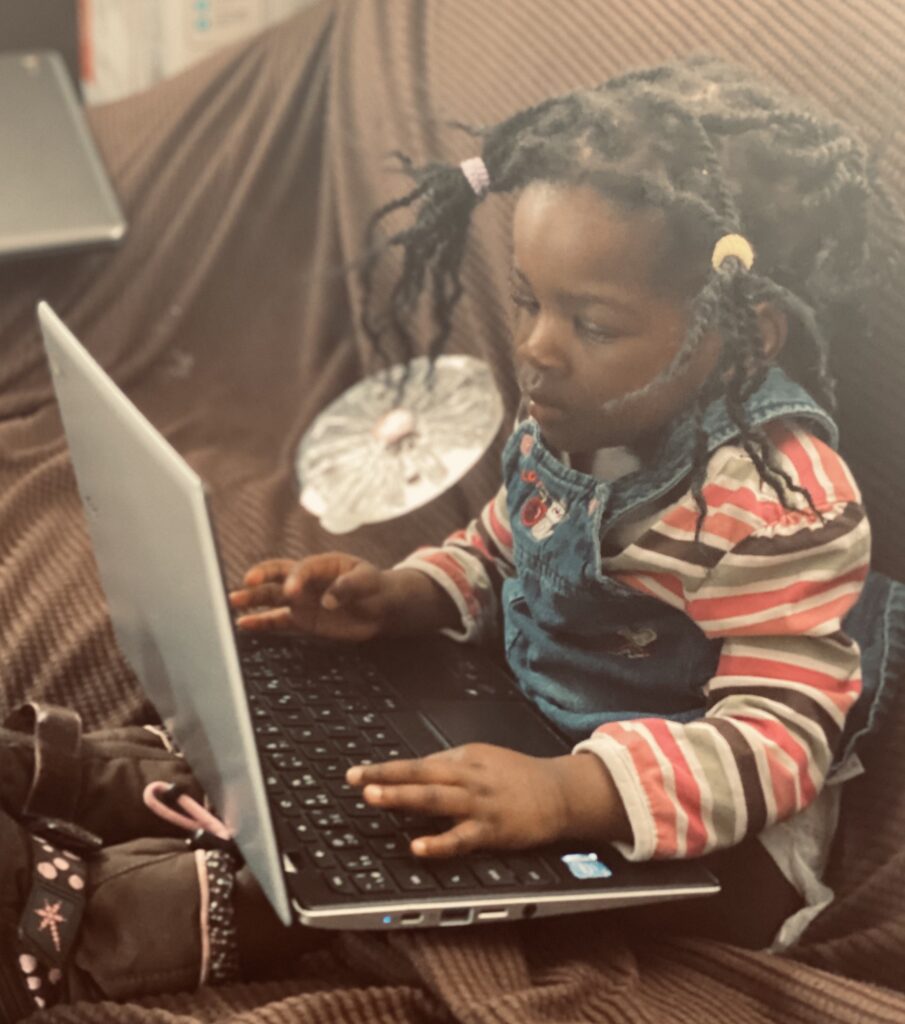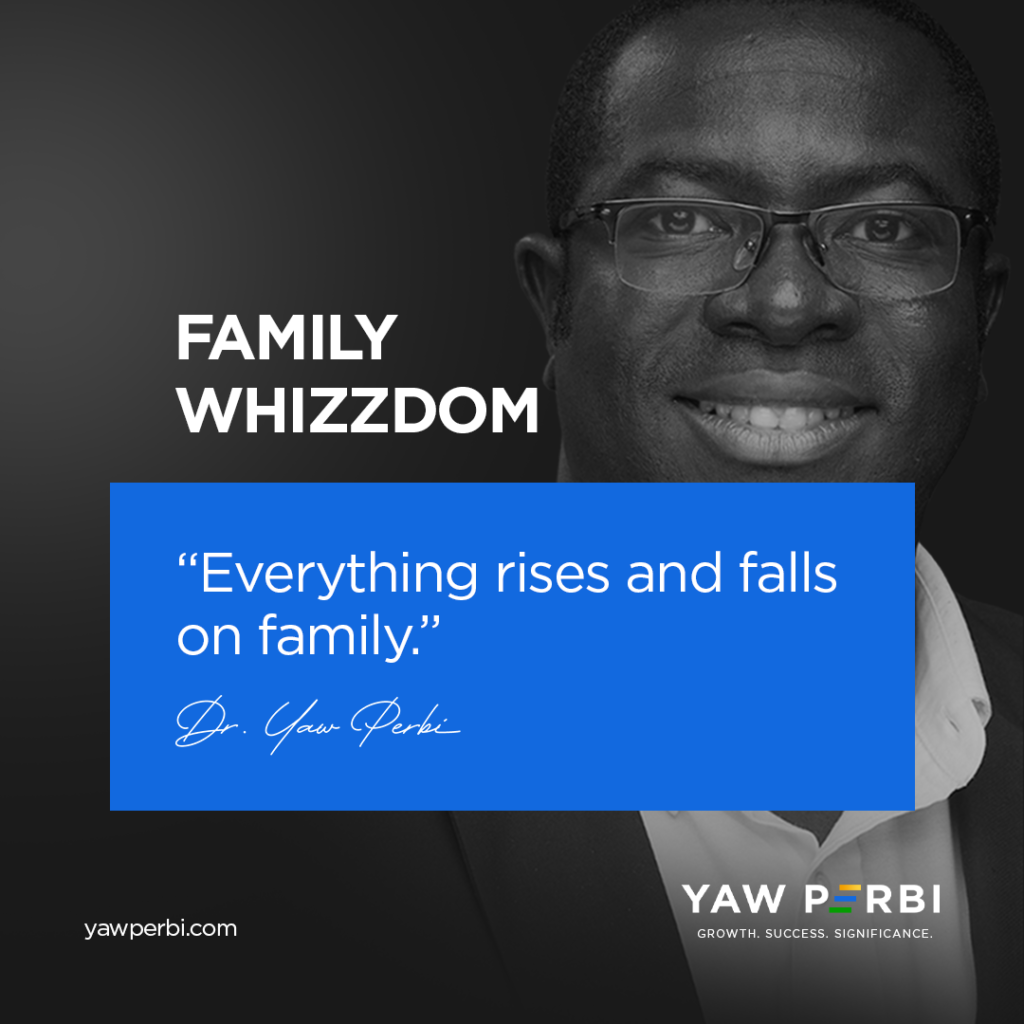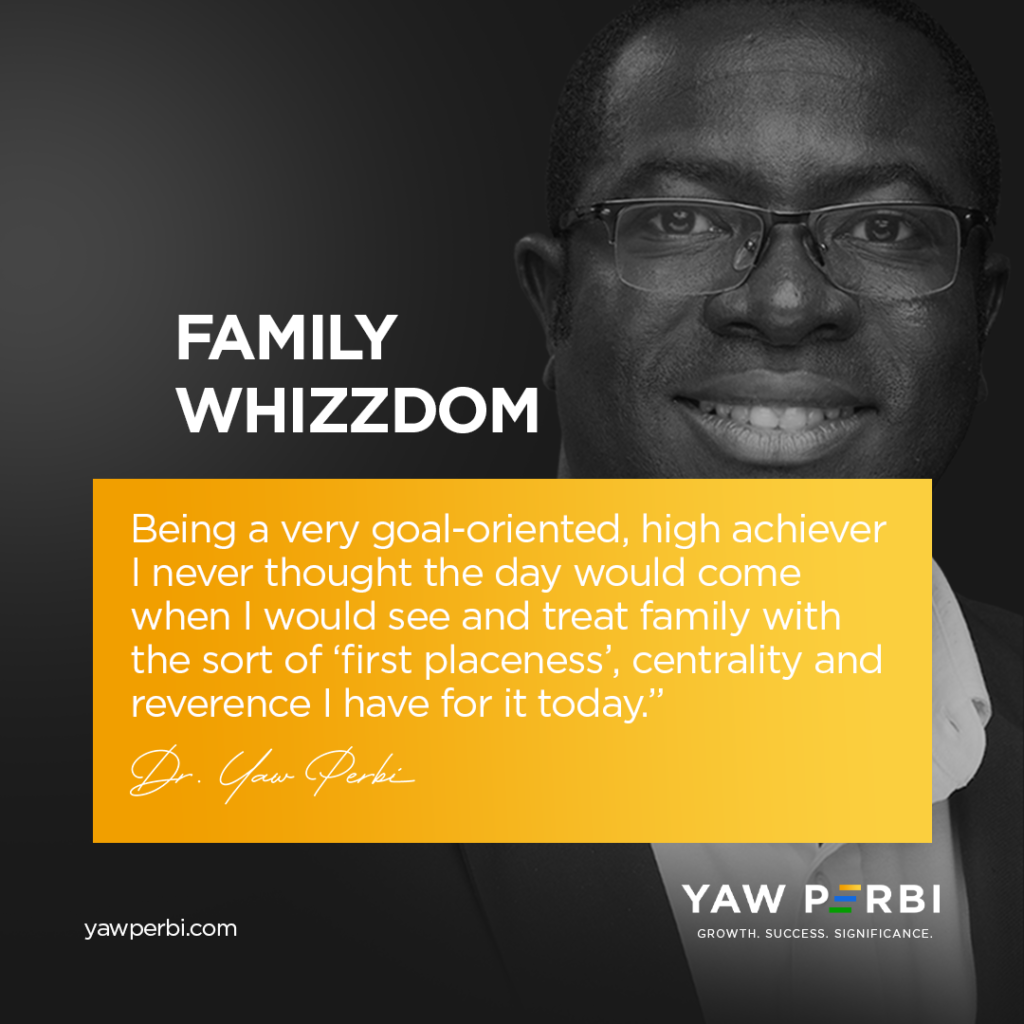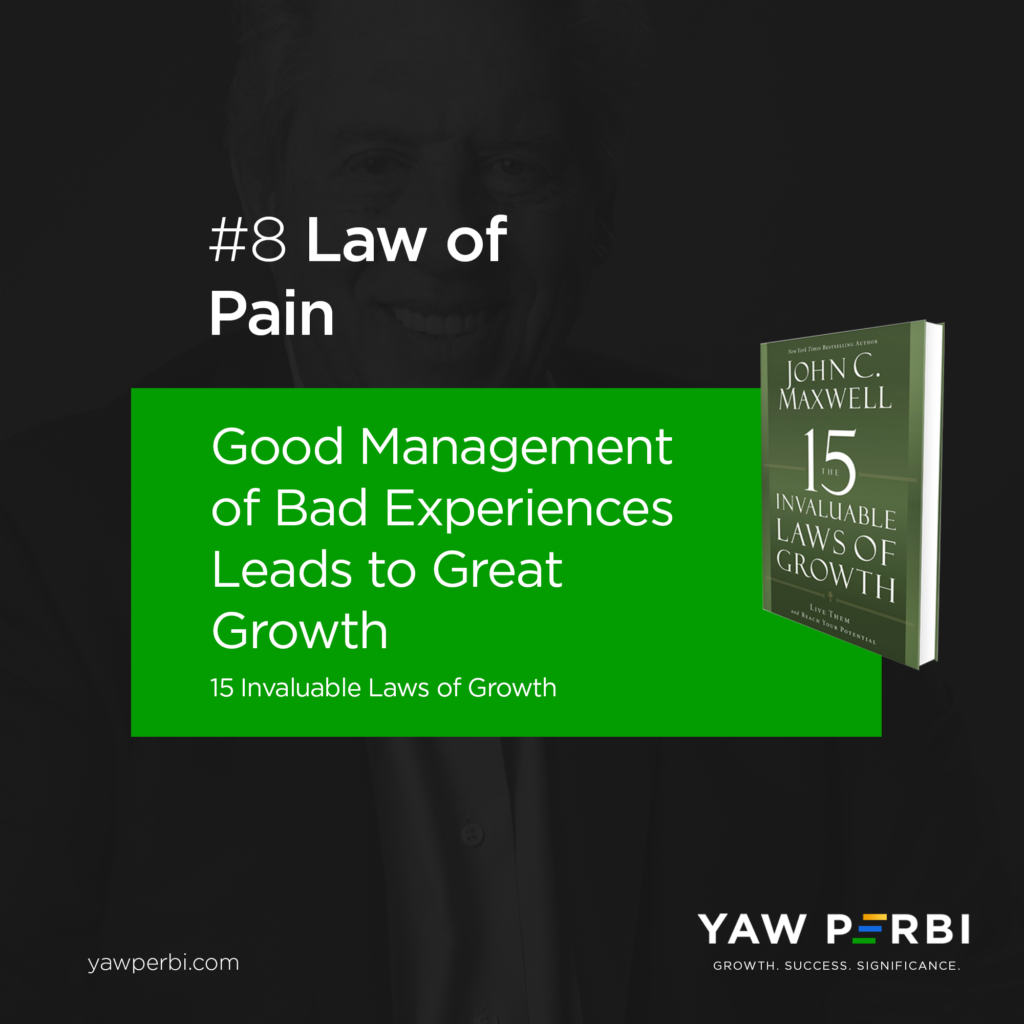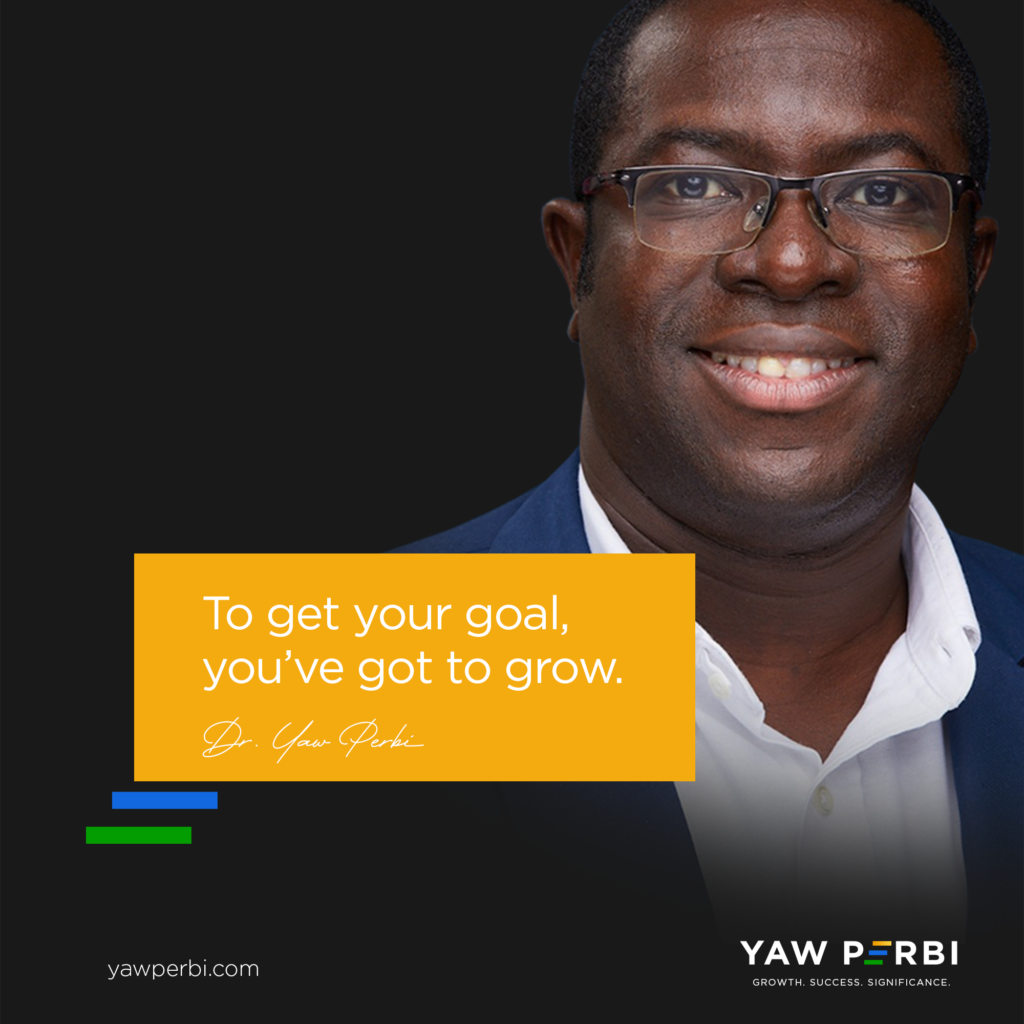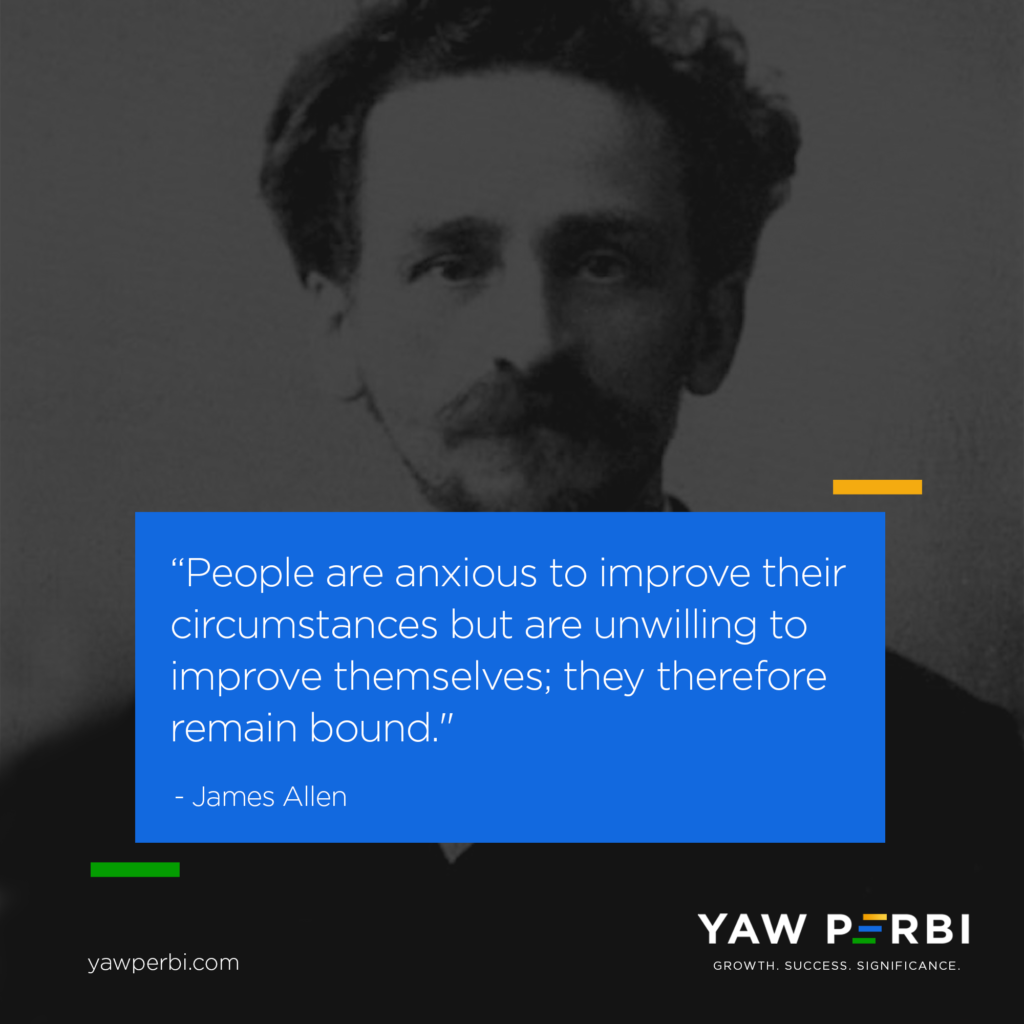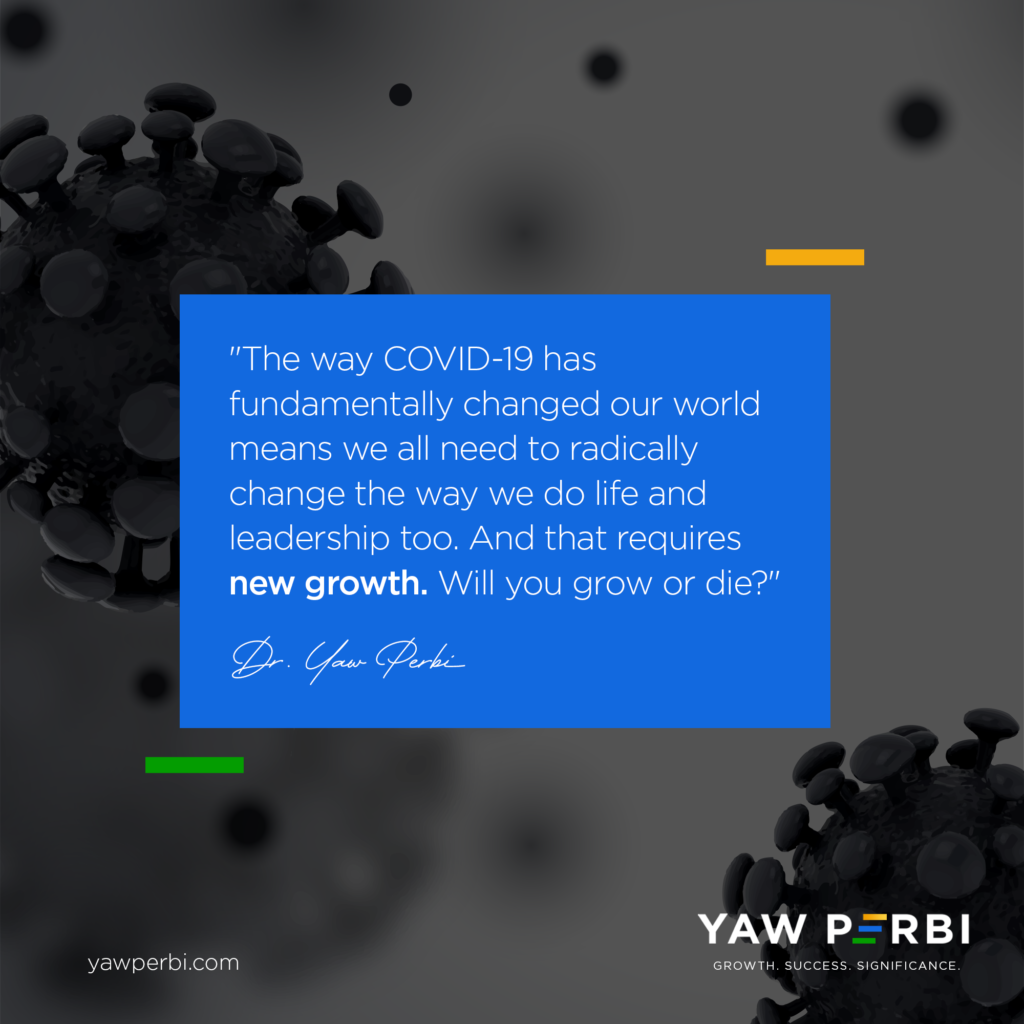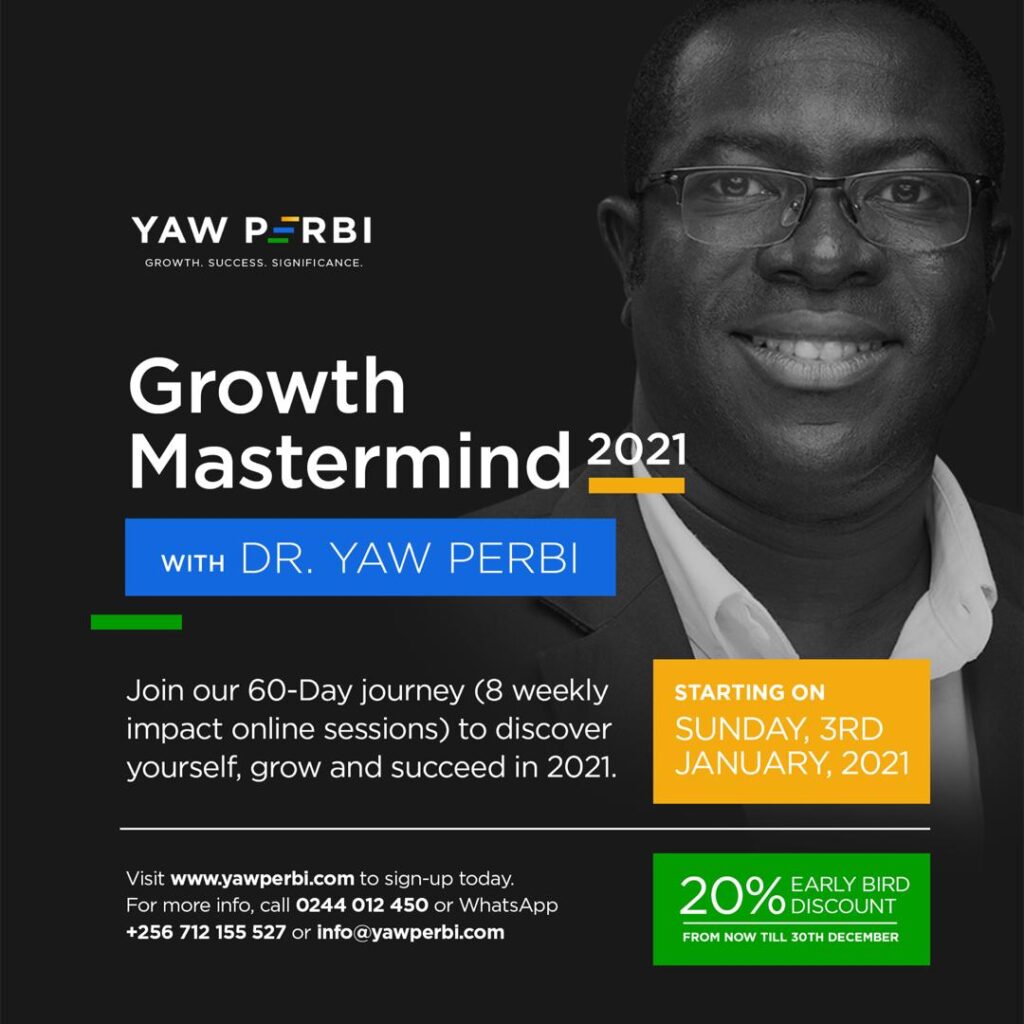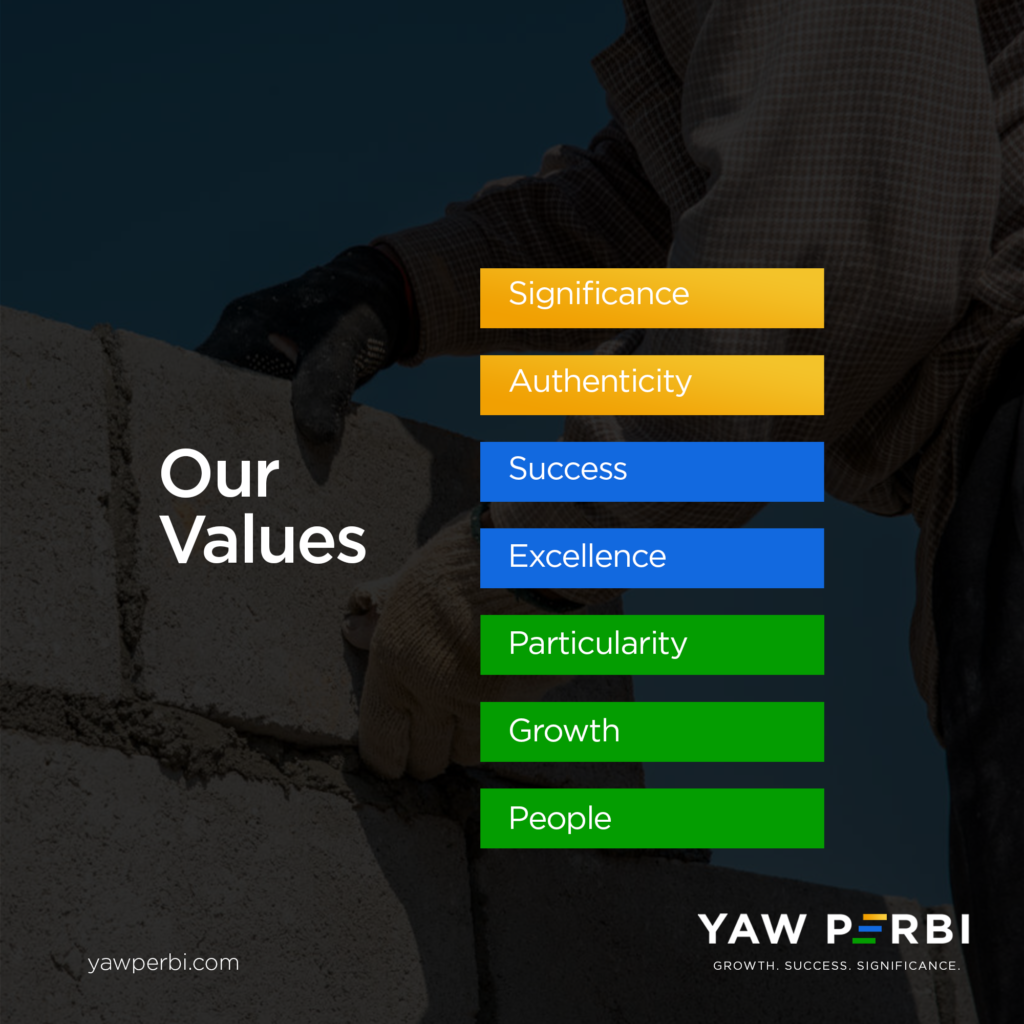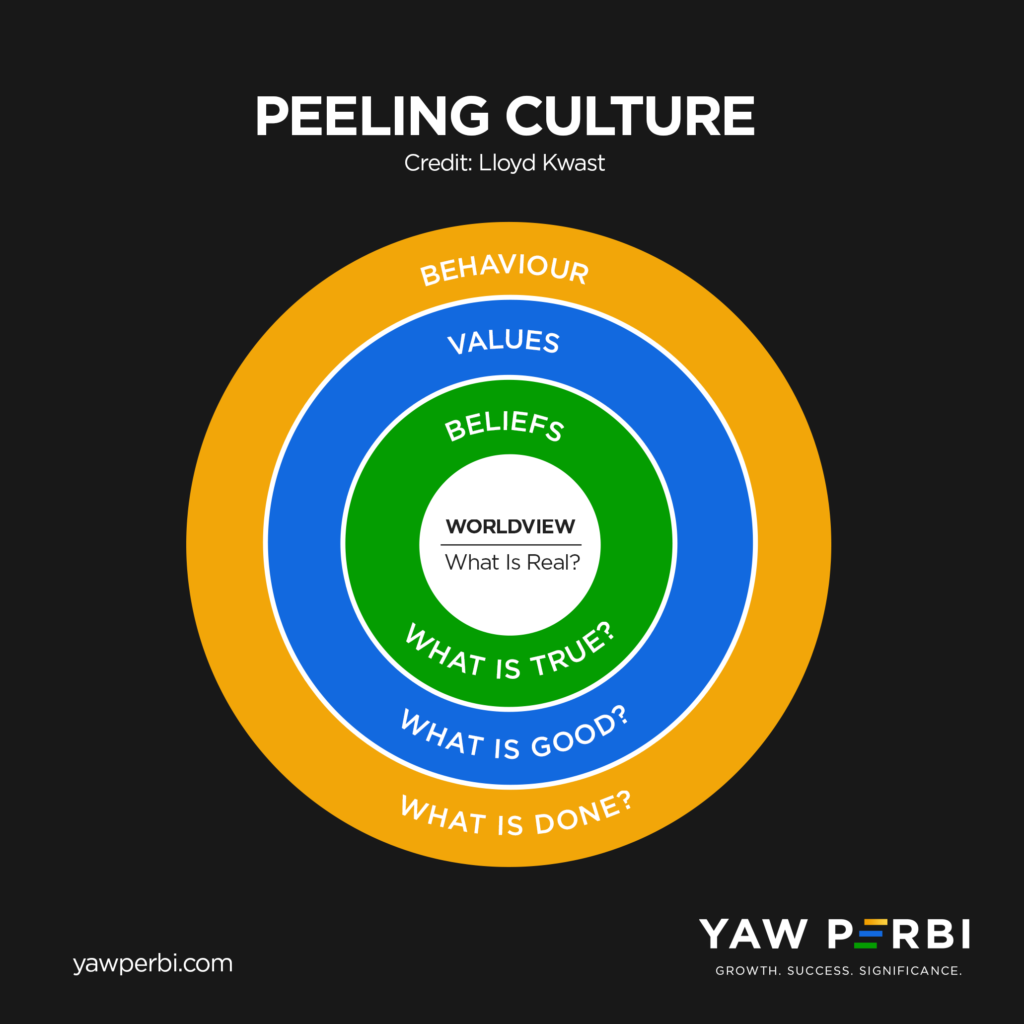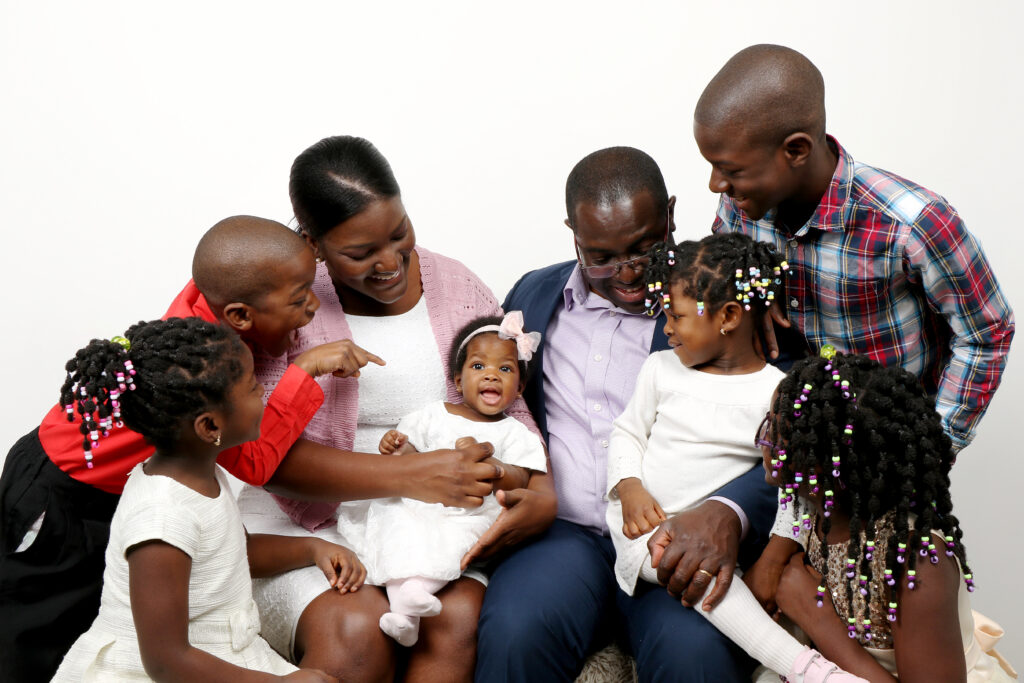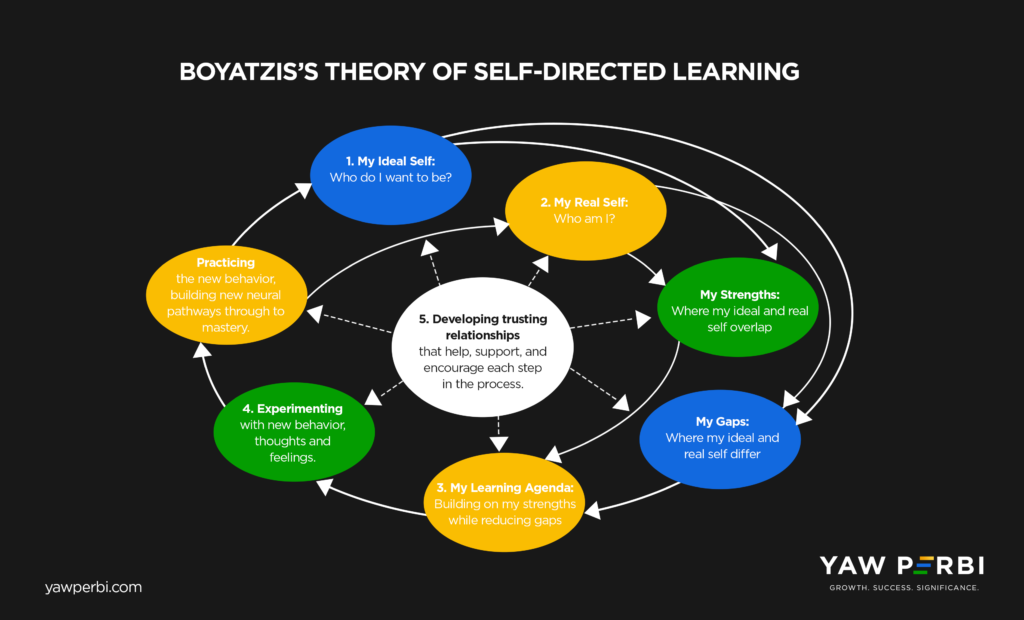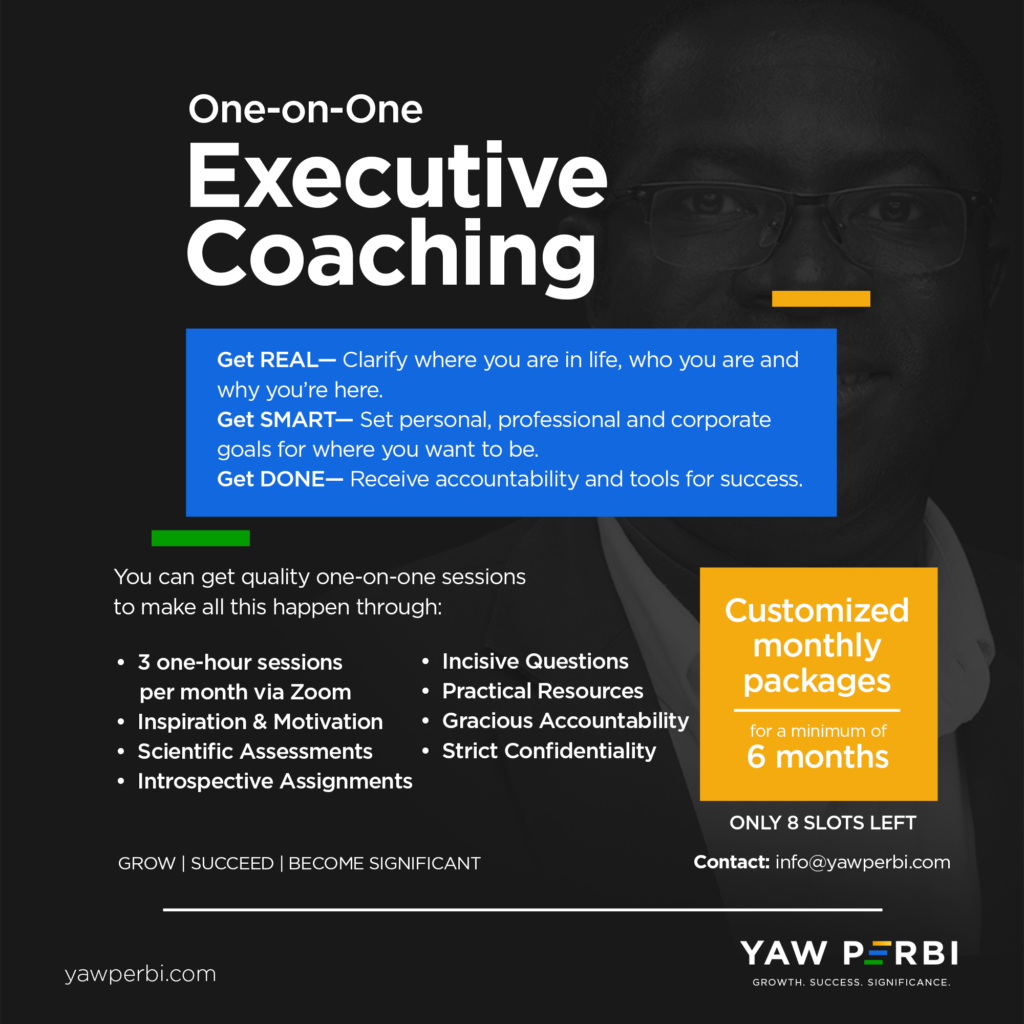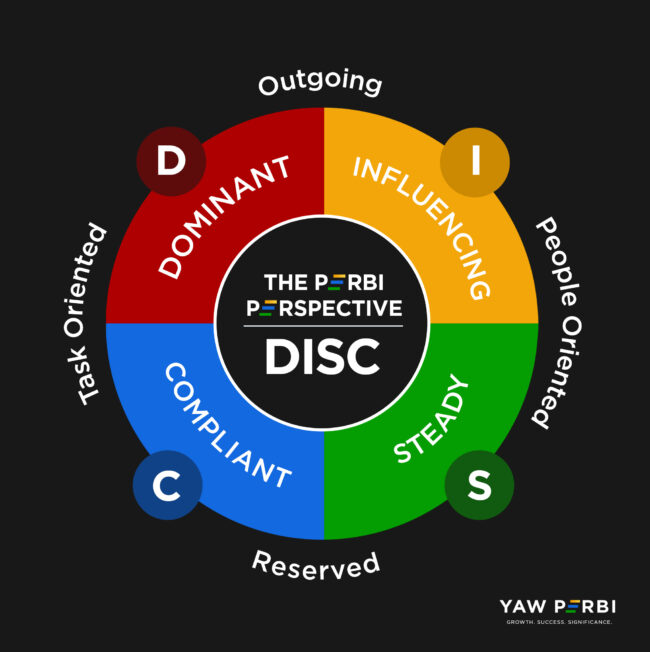
Getting DISCed is as Important as Getting Vaxxed!
It’s amazing how much most people know about subjects in our world, literally from Archaeology to Zoology, but very little or no ME-logy! In my book, Cutting a Straight Path: Leading with Self-Awareness, I ask these poignant questions:
- How can you live with yourself without knowing who you are?
- How can you be true to what you know little or nothing about: yourself?
- How can you succeed in life, self-actualize, without first becoming self-aware?
- How can you authentically lead others without first learning to know yourself?
- Have you ever felt frustrated why others are hesitant to follow your lead?
“Maybe it’s time to check yourself as a person and as a leader,” is my conclusion. Yes, it’s about time! Indeed, the Chinese have a powerful saying, “Before preparing to improve the world, first look around your own home three times.” Forget about authentic living, let alone authentic leadership, without self-awareness! So welcome to home base. Self-awareness is the starting place of all true and lasting success.
SELF-DISCOVERY THROUGH THE DISC
Self-awareness comes basically by introspection (by ourselves) and feedback (by others). Both however, are greatly enhanced by assessment tools, just like magnifying glasses help us see tiny objects and the binoculars enables us to view distant things closely and clearly. I have found the DISC as an amazing personal assessment tool that is incisive and powerful in the quest for self-awareness. Since 1972 it has been used by over 50 million people to increase self-awareness, stimulate and guide growth and thus increase chances at personal success. It is used to engender teamwork, communication and productivity in the workplace. The DISC has saved many a marriage, including mine!
DISC assessments are used in thousands of organizations around the world, from multilaterals and multinationals to government agencies and Fortune 500 companies, nonprofits and small businesses. Recently, we were privileged to serve the Centre for Disease Control Foundation in Atlanta, USA with nearly 150 of these assessments as they train medical leaders in about 30 nations of the world.
SO WHAT EXACTLY IS DISC?
DISC is an acronym that stands for the four main personality profiles described in the model: (D)ominant, (I)nfluencing, (S)teady and (C)ompliant.
People with D personalities tend to be confident and place an emphasis on accomplishing bottom-line results.
People with i personalities tend to be more open and place an emphasis on relationships and influencing or persuading others.
People with S personalities tend to be dependable and place the emphasis on cooperation and sincerity.
People with C personalities tend to place the emphasis on quality, accuracy, expertise, and competency.
The DISC system we use at YAW PERBI in partnership with People Keys generates 41 personality blends from these basic four, just like many colours of the world are generated through the three primary colours. There’s one I used to coach international students in Canada that was limited to 28 personality blends. What we use now is like the difference between a regular car and a four-wheel drive. As they like to say at People Keys, “people are different, true, but they are predictably different.”
CONVICTION, VISION & MISSION
Our conviction at YAW PERBI is that since every true and lasting success begins with self-awareness, then everyone must have easy and affordable access to self-DISCovery! ACCESS FOR SUCCESS, please! Everyone has a right to self-awareness. We need a DISC Revolution!
Our vision is to see a world of awareness through every individual’s self-DISCovery. We are on a mission to democratize the DISC personality/behavioral assessment until no one is left in the dark. We want to recalibrate all leadership development to begin with self-awareness at the core through the Perbi Perspective DISC is a great start.
CHIEF CORNERSTONE FOR THE CHIEF-LEVEL LEADER
When you read my article on how I build leaders differently now (compared to 10-15 years ago), you will understand my seriousness about this issue of recalibrating all leadership development to begin with self-awareness. People have big, fat leadership books and terabytes of leadership materials and yet have next to zero knowledge of themselves. What sense is there in that? I was telling a certain Christian leader the other day that he can forget the list of a dozen books people typically ask me to recommend for leadership training and development. The only two books his emerging leaders need to learn almost everything they need to know about leadership are a self-awareness printout of their DISC assessment and the Scriptures. Every other book is garnishing.
In all the major success paradigms, praxes and paths—from Emotional Intelligence to Authentic Leadership—self-awareness is first base, the chief cornerstone. I increasingly get alarmed when I encounter C-level executives, both in the public and private sector, who have never taken a personality assessment like the DISC!
STRATEGY AND HOPE
Some say hope is not a strategy but I beg to differ. (I’ll leave that argument for another day, another blog). I have hope that together we can strategically exponentially multiply impact through an army of Accredited DISC Coaches and Certified Behavioural Consultants while significantly creating thriving businesses and income for all! Just like our governments wish to get everyone vaccinated, we at YAW PERBI desire to get everyone DISCed! The former may be controversial to some, but you had better not second guess the latter. Everyone has a right to self-awareness to grow and succeed. Would-be authentic leaders really have no choice in this primary matter. We need a DISC Revolution!
P.S.
If you want to join the DISC Revolution by becoming an Accredited DISC Coach or a Certified Behavioral Consultant click here. Anyone who wants to get DISCed personally may start here.
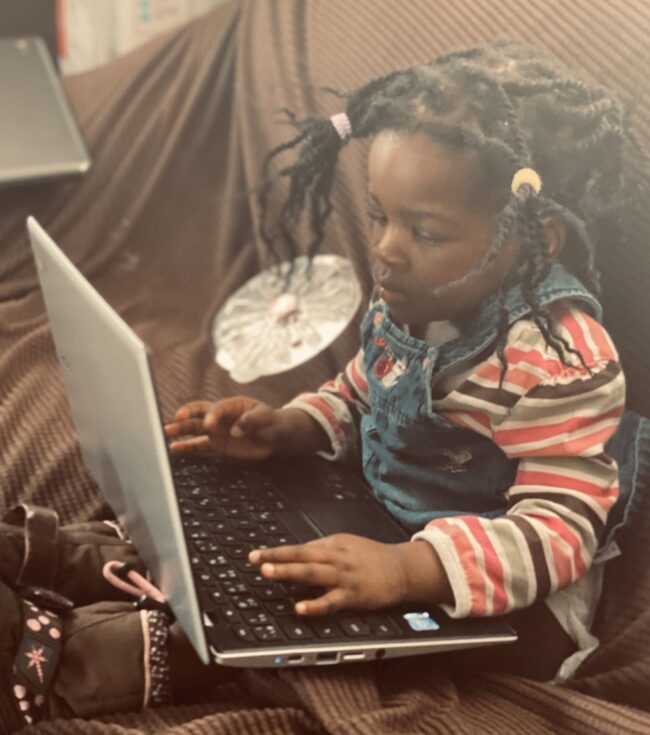
Work harder on yourself than you do on your job.
Over the last week, somehow this notion of needing to work harder on yourself than you do on your job has come up with two or three different coaching clients. For the CEO of a crucial agro business firm in West Africa, the financial services entrepreneur in Canada and the PhD-wielding academic on the east coast of the United States, the three reasons I’m about to share held true. It is true for you too.
For the record, I work hard and believe in hard work. I also work smart and absolutely promote the idea of brain over brawn anyway. Over a decade ago I came up with the phrase, “brain power pays; muscle power pains.” I subscribe to the Pauline exhortation that “whatever you do, work at it with all your heart, as working for the Lord and not for man.” So by all means, work hard and smart on your job, but work even harder and smarter on yourself.
Here are three reasons why:
1. WHO YOU ARE IS MORE IMPORTANT THAN WHAT YOU DO
No matter how hard or smart you work, the instrument for the doing the do is you. If the input into you doesn’t match or exceed the output, that will soon be your undoing. Let me put it in a way one of my staff in British Columbia said it to me a few years ago: “If your output exceeds your input, then your upkeep will be your downfall.” Classic! Not only will you soon not be effective and efficient when your self input is less than your job output, it is unsustainable and you might end up becoming irrelevant. And sometimes, irrelevant not just in terms of knowledge and skills for a context that has progressed because you’re not healthy or even physically alive anymore–you killed the goose that lays the golden eggs!
Consider these sagacious words of educator Palmer Parker:
“When I give something I do not possess, I give a false and dangerous gift, a gift that looks like love but is, in reality, loveless—a gift given more from my need to prove myself than from the other’s need to be cared for…. One sign that I am violating my own nature in the name of nobility is a condition called burnout. Though usually regarded as the result of trying to give too much, burnout in my experience results from trying to give what I do not possess—the ultimate in giving too little! Burnout is a state of emptiness, to be sure, but it does not result from giving all I have; it merely reveals the nothingness from which I was trying to give in the first place.”
Remember, who we are is more important that what you do, because we do whatever we do out of who we are: our identity, character, values.
2. ONE MEANS A LIVING, THE OTHER MEANS A FORTUNE
Classic motivational speaker of blessed memory, Jim Rohn, poignantly put this in a way like nobody else has: “Learn to work harder on yourself than you do on your job. If you work hard on your job you can make a living, but if you work hard on yourself you’ll make a fortune.” This statement, I believe, is a variation of timely advice Jim himself received from his mentor J. Earl Schoaf. Jim had heard him give the reason for why the job only pays the bills but the latter ends in billions: work harder on yourself than you do on your job; your income is directly related to your philosophy, not the economy; and for things to change, you must change.
From a one-year college drop out living from pay check to pay check as a stock clerk at Sears, this advice catalyzed a five-year mentorship of Rohn by Shoaff, encouraging him to develop himself and pursue his dream of a better life such that by age thirty one, Rohn was a millionaire! It was a really sad day when this motivator of motivators like Anthony Robbins, Less Brown, Brian Tracy and Denis Waitley, passed away in December 2009.
Friend, work harder on yourself–from your paradigms through your attitudes to your skills. It’s the software that you carry and apply to a variety of endeavours, not only your job, that will unlock abundant wealth and well-being.
3. JOBS COME AND GO BUT YOU’LL STILL BE HERE
Sometimes people leave jobs; other times jobs leave people. In the kind of post-pandemic economies we have now, more jobs leave people than people leave jobs. Certain whole industries have been wiped out, for crying out loud! I’ve marvelled at how many pilots have been literally grounded and have had to find some other kind of livelihood. What if all you did was work hard on your job and never grew your other interests, talents and skills or even never networked beyond the ‘boys club’ in your profession?
When many years ago I decided to take the path of the risk of entrepreneurship rather than the ‘security’ of a regular paid job, some people who thought I was crazy later found out they had been crazy to think ‘owning a job’ was better than owning a business when in spite of their qualifications, loyalties and skills their jobs were cut. Former Microsoft COO, Kevin Turner, said it best: “The only job security we have is our individual commitment to personal development.” Your job today may not be there tomorrow–in fact your entire industry might not be there–but you will. Work harder on yourself than you do on your job forwhen tomorrow comes, your preparation will meet opportunity. That’s what they call success.
QUICK PRESCRIPTION
Do the following to ensure you are working hard on yourself for your personal growth and development: set aside a time for YOU, a ME time, everyday. Mine is 5-6am everyday during which I read my personal mission statement, review my goals, read for at least 15 minutes and express my thoughts and feelings in writing.
For all the coachees I mentioned at the beginning of this blog, each was working super hard at their jobs. It is my job to ensure that while they do that, they strive towards working even harder on themselves than they do on their jobs. There’s no great future for anyone without that.
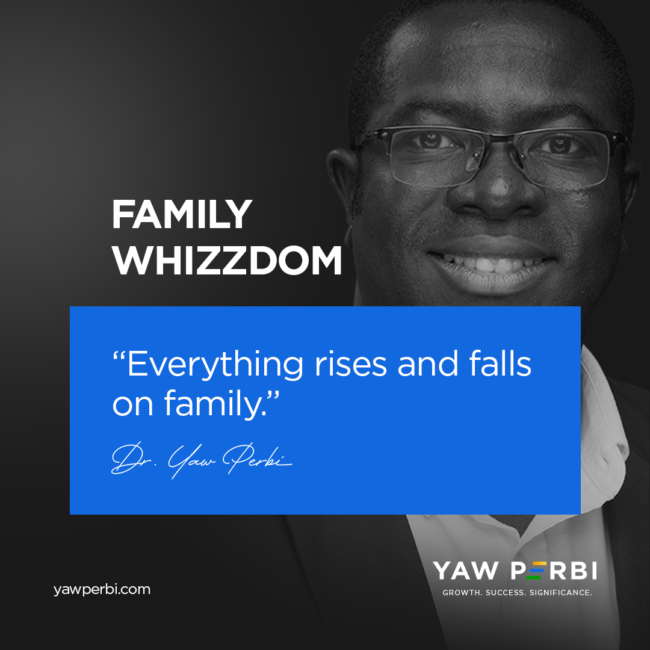
Everything Rises and Falls on Family.
My mentor likes to say, “Everything rises and falls on leadership.” This is true but there is something even more fundamental that all leadership itself rises and falls on. I say, everything rises and falls on family first. At least five reasons come to mind why:
1. CREATOR PERSPECTIVE | God is Family
“In the beginning, God…” That’s how the entire holy scriptures begin in Genesis 1:1. I have a theistic worldview as a bonafide African, and a Biblical one at that as an African Christian. My understanding is that everything is created by a Supreme God and that He created human beings in His image and likeness. That tickles my theological senses a lot because according to the Christian view, GOD IS FAMILY. At the centre of the universe is family–Father-Son-Spirit. At the core of cosmos is a love, relationship–Love, Lover and Love itself. Everything rises and falls on love, everything rises and falls on God, everything rises and falls on family.
Of course we could go into how God created the first family after declaring “it is not good for man to be alone,” how throughout scripture and history God chooses a person and their family to work through, the many scriptures that seek to protect, preserve and promote family etc. Even when God decided to wrap Himself in human flesh and move into our human neighbourhood in the person of Jesus Christ, he chose to implant himself in a family–Mary and Joseph’s. Everything rises and falls on family.
2. CRADLE PERSPECTIVE | Parents shape world shakers
Have you ever heard the proverb, “The hand that rocks the cradle rules the world”? That is 1865 wisdom unleashed on the world through the refrain of a William Ross Wallace poem that praises parenthood as the preeminent force for change in the world (see here). Of course, at the time it was written, nearly two centuries ago, the work of raising children was mainly seen as the role of the mother but we know all too well it takes two to tango. Both father and mother have a role in rocking the cradle, even procuring that cradle in the first place. Parents and the wider family, shape the people who would shake and move the world, for good or ill. These two PhDs Barbara Riggs and Cynthia Tweedell don’t mince words in their Marriage and Family textbook: “The strongest influence in your life will stem from family.” Period. Everything rises and falls on family.
3. CELLULAR PERSPECTIVE | Family is the unit of humanity
So yes, “it is the hand the rocks the cradle that is the hand that rules the world” but alas! today, everyone wants to change the world; no one wants to start at home. The irony! Not only does everything rise and fall on family because the hand that rocks the cradle rules the world but also the family is the basic unit of society just as the cell is the basic unit of biological life or the atom is for all matter. Yet somehow we think we can flourish in the corporate world, government and such without adequately addressing the lowest common denominator!
If you think one cell gone bonkers is no big deal think again about cancer. That’s all it is. Cells gone bonkers, multiplying unhealthily–and eventually spreading that craziness (metastasis). Sooner or later a whole monarch or president or parent dies, all because of a cell gone awry. Everything rises and falls on family, that one cell.
4. CALCULATION PERSPECTIVE | Hindsight is 20/20
Today’s C-level executive claims “It’s not the quantity of time but quality that I spend with my family that matters.” This is a fallacy. Family costs what it costs and it doesn’t go on sale! The question is if we are willing to pay the price.
Even for the richest and most popular of leaders, when they assess their lives, doing a calculation of all they’ve spent their talents and energies, time and finances on, the truth remains that, “There’s no one who on their deathbed has been heard to say, “I wish I had spent more time at work.”” What folks should’ve known first, they only find out last: Everything rises and falls on family.
5. COVID-19 PERSPECTIVE | The only place to be/go has been home.
When our all-important selves on our all-important endeavours were brought to a screeching halt by the latest Coronavirus pandemic, where did we all head? Home! When literally every economy and society locked down, where did we stay put and be safe: with family! I’ve never seen so many advertisements on primetime television asking people to stay home in my life! Heroes, according to the World Health Organization, stay home! Ha! Who would’ve thought that day would ever come!
Even high-flying pilots have been grounded, literally, at home. I haven’t flown in a year–that is crazy considering that there were times in the last few years when I did as many as 70 flights in the year! My VIP airport lounge passes and platinum airline and hotel statuses have been rendered useless. The only thing that has mattered most has been the people many of us paid the least attention to prior to COVID-19: family. Of course, some families have turned at each other and self-destructed because of the very forced proximity that should’ve been a blessing!
Crucibles reveal what’s most important. After this pandemic is over, we would need insignia to remind us, lest we forget, everything rises and falls on family.
THE MILLION DOLLAR QUESTION
So why then do many, too many, in our generation tend to put family on the backburner? What if we all invested in our families the same degree of seriousness we put into our professions or in climbing the corporate ladder? I’ve been amazed at how many C-level executives are executing vision and mission statements and strategic foci for their organizations but have not given a thought to forging a simple family mission statement yet alone execute it.
Granted, some people really want to give their families their best shot but they just don’t know how or don’t have the tools to. Since Anyele and I welcomed our seventh child into the world, we’ve had so many puzzles and questions thrown our way that we’ve decided to hold a free online session from time to time for various folks to share our hearts, heads (ideas) and hands-on stuff (skills) about family, theirs and ours! Would you believe after our first 2021 15 Laws of Growth Mastermind through January and February the one thing that made all these participating professionals vote for an extra/bonus Mastermind session, which I obliged to facilitate for free, was family?
In one of the quarters of each year, my coaching company will run a 60-day journey through powerful principles of family foundations in a paid mastermind group for healthy family growth, based on ancient wisdom, current family systems theory and practical tools that work! This will be targeted at C-level executives comprising weekly 90-minute online sessions for eight weeks with lots of readings, video clips, assignments, inspiration, encouragement and accountability throughout the weeks! Each week, a unique practical skill will be learnt to better our relationships.
Family: everyone has one–no matter how dysfunctional or atypical. Even if we don’t form one of our own (family of procreation), everyone comes from one (family of orientation) that we didn’t choose. I confess that being a very goal-oriented, high achiever myself, I never thought the day would come when I would see and treat family with the sort of ‘first placeness’, centrality and reverence I have for it today. Perhaps if others also had a paradigm shift that everything rises and falls on family, everything would change too.
What do you think?
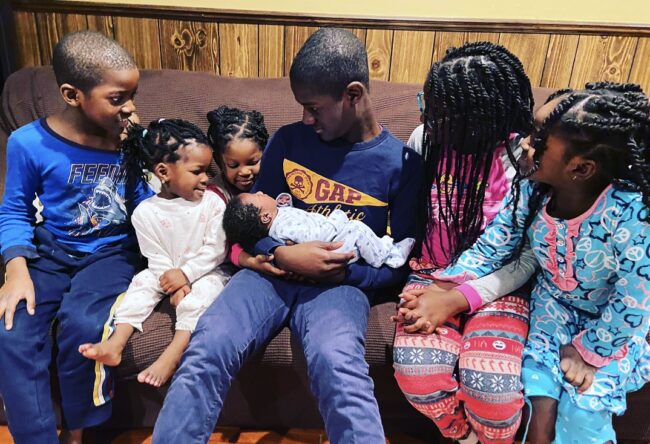
Family Planning Isn’t What You Think
There has been such an overwhelming response (over 80,000 reached!) to a social media post I made regarding a misconception about the essence of family planning that I felt it might be useful to document that write-up on this blog.
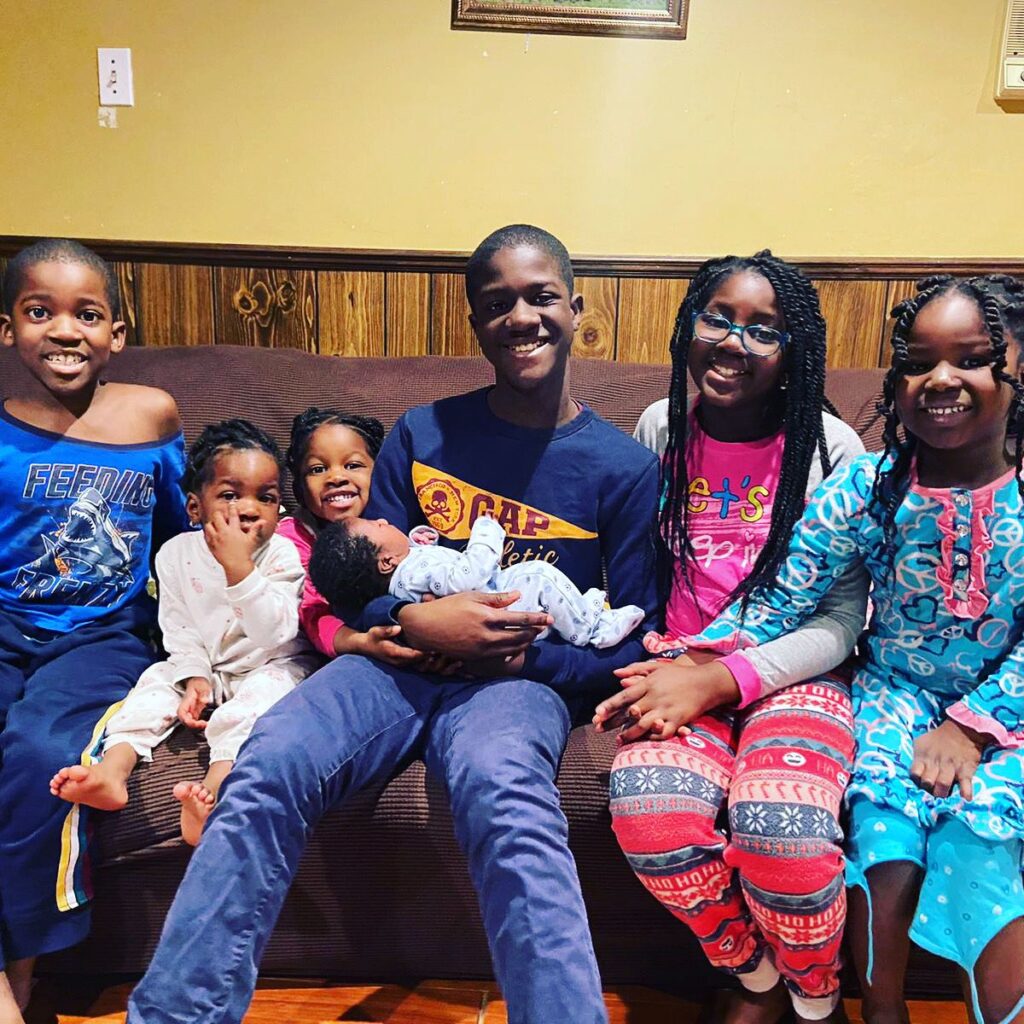
Our six older children totally excited about the arrival of the seventh the day we got back from the hospital after delivery.
On Tuesday, March 2nd our seventh child was born. The rather long boy descended down his mother’s birth canal at the Montreal Jewish Hospital in all his 3.895kg glory. The posting of this momentous occasion on social media sparked a flurry of responses, almost 100% affirmative but I won’t be fooled. Not everyone thinks my wife and I are smart, planet-friendly, trendy, progressive, modern and such.
Just a couple of weeks earlier I had been on a Zoom call with a just-married pastor in Ontario who hopes to have a family of three children. Upon hearing that Anyele and I were expecting again, our seventh child for that matter, he unwittingly asked, “why so many?” To which I responded, “why so few?” The blushing of his face and awkward laughter revealed his embarrassment.
I have mentioned before how people have made it very clear to Anyele and I that they would rather raise pets than have children. Generally our human selfishness/self-centredness doesn’t allow us to do the parenting thing (at all or well) because children are an inconvenience, suckers, an unwelcome reflection of our marred selves, among a host of other postmodern reasons. See here.
“WHY SO MANY?”
We have met people who are proud DINKS–Double Income No Kids. In many circles we’ve been in, this has been the ‘in thing’ or at best two is the most ‘decent’, ‘smart’ and even ‘cute’ thing to do. As I heard one preacher humorously quip, “a boy for me and a girl for you, and praise the Lord we’re finally through!” A year ago, I shared here some of the reasons why Anyele and I have chosen to have “so many.”
Having children or not, many or few at the end of the day is more of a worldview issue than a socio-economic or even climatic one. I share our Christian theist view in this blog. In summary, “There is a higher Being than our selfish selves that beckons; a higher purpose than the painful inconvenience that compels; and a deeper fulfilment of something (and someone) that outlives making merry today and just dying tomorrow.”
THE INTEGRATED LIFE
At our executive education firm, YAW PERBI, we strive for LIFE in all its fullness—#Leadership, #Integrity, #Family, #Entrepreneurship. I personally find it curious that many in the corporate space ignore, even hide, family (and faith) until occasions like Christmas. All of a sudden families come out of the shadows, whipped out and splurged on Christmas cards. You can go on LinkedIn right now and see how it is so ‘professional,’ meaning, almost family-sterile.
I’m super proud of my Wonder Woman Wife, Economist-Entrepreneur Extraordinaire, for the safe delivery of our seventh. We thank God for the privilege of a full quiver of seven lethal arrows for life’s battles, conquests and such. This baby, like the preceding six, will change our lives no doubt—rescheduled meetings, halted plans, budget increases… but what else could life be about?! True success, as my mentor succinctly puts it, is “when those who know you the best, love and respect you the most.”
At Yaw Perbi, we promote people and cheer on companies that seek leadership authenticity by making the integrated life the way to go. Call it life/work balance or whatever you may, our corporate folks, especially C-level folks, must find a way to bring their whole selves to family and same to work. My favourite MBA teacher on this, Bill George, says more about this more eloquently than I could here. Cheers to the #integratedlife, where marriage is not an inconvenience, children are not a nuisance and family is not an afterthought, only receiving the crumps of our time, talent, treasure and efforts.
FAMILY PLANNING ISN’T NO/FEW CHILDREN
Why do so many people wrongly think ‘Family Planning’ means having few/no children? Family Planning is “the ability of individuals and couples to anticipate and attain their desired number of children and the spacing and timing of their births.” Although it was clearly a quote (inverted commas and all), a lot of people on social media were giving me a pat on the back for this spot-on definition without realizing it isn’t something I cooked up to justify my number of children, but actually a World Health Organization (WHO) definition. Of course they add contraception as the means to achieving this desired end of number, spacing and timing.
Even before we got married 15 years ago, Anyele and I purposed and planned to have seven children. There were no guarantees; God ‘engraced’ us. Don’t judge us for having “too many” (in your opinion); we shan’t judge you for having “too few” (in our opinion) or even none.
Your purpose and plan may be different from ours. The most important thing is to ensure that it is God’s unique plan for your unrepeatable family that you are following and not just “comform[ing] to the patterns of this world.”
We hope your Family Planning excites you a lot and scares you a little—just like ours!
Related Blogs
We Really Don’t Like Children That Much Part 1/3
We Really Don’t Like Children That Much Part 2/3
We Really Don’t Like Children That Much Part 3/3
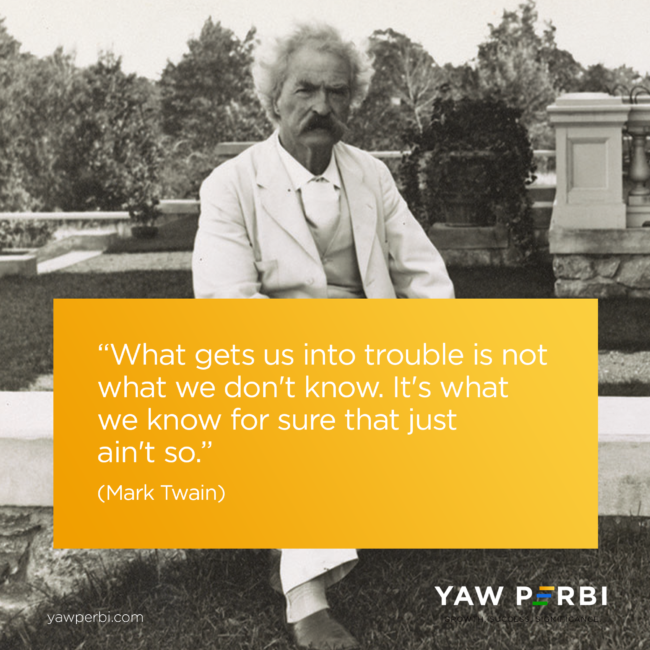
A Way to Prevent Heartbreak: Clarify Expectations
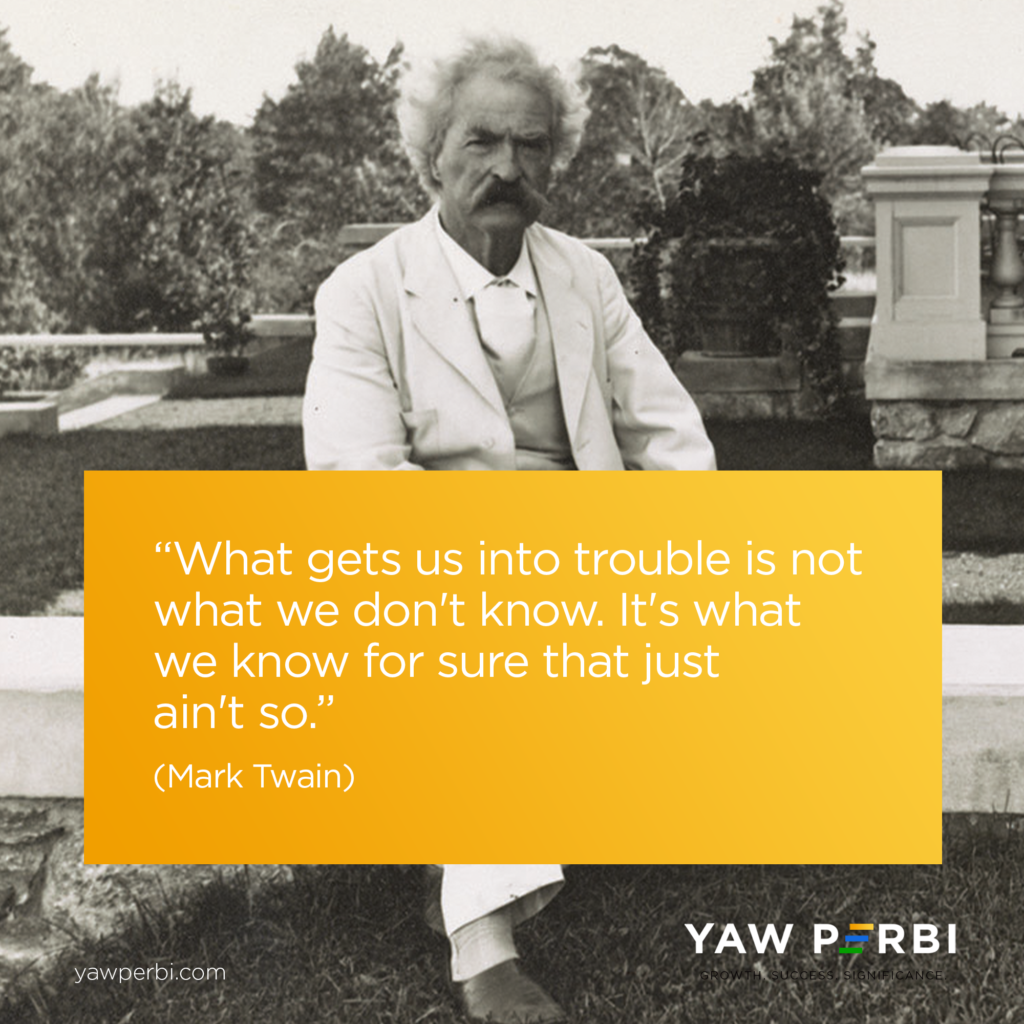
While what you don’t know may kill you; what you think you know but really don’t may kill you faster!
I have wanted to talk about this for months–how to prevent unnecessary hurt from unmet expectations–but last week an incident happened with one of my associates that really catalyzed me to share this urgently. So let’s talk about unmet expectations.
Whether it’s between spouses, parent and child, boss and workers or even among co-workers, family folk and church members, this is quite a common occurrence. This is particularly so African, Chinese, Japanese and Korean cultures that employ indirect communication. If you’re like me, you’ve probably been hurt before by unmet expectations. In fact, sometimes we don’t even realize we had an expectation until it was not met!
Mark Twain once said, “What gets us into trouble is not what we don’t know. It’s what we know for sure that just ain’t so.” We tend to have expectations that are unconscious, unrealistic, unspoken and unagreed upon. Let me share how you can flip these four things around and protect your heart against heartbreaks from unmet expectations. I owe this life-saving lesson from my New Yorkan mentors, Pete and Geri Scazzero.s
THE MILLION DOLLAR QUESTION
How do you know your expectations are valid or not? As hard-to-take as this may seem, when the expectation is unconscious it is invalid. In fact, if even we don’t even know we have them until we are disappointed how on earth is the other person supposed to know and meet it? When it is unrealistic it is invalid as well. Even if it is reasonable and we are conscious of it but it has not been articulated, it is still invalid. The common lame excuse we tend to give is, “Oh, but they should know?!”
In the event that our expectations meet all the above three criteria–conscious, realistic, spoken–but the other party has not agreed to them, they are still invalid. While this may seem very Western, I have learnt as an African-Canadian that it is never wise to assume agreement!
Of course, important caveats include marriage (where the vows already spoken have created certain clear expectations like fidelity), parent-child relationships (expectation of chores) and employer-employee dynamics where expectations have been clearly laid out in contracts and policy and supposedly read and accented to. Even in these relationships with broad-stroke expectations, situations occur that demand clarifying expectations further.
WHAT TO DO TO FORESTALL HEARTBREAKS
To prevent heartbreaks from unmet expectations, ensure your expectations are:
(1) Conscious: I am aware of my expectation.
(2) Realistic: I have evidence to support that the expectation is reasonable in the sense that the other is able and willing.
(3) Spoken: I have expressed the expectation clearly.
(4) Agreed Upon: The other person has agreed to the expectation by saying “yes.”
I would highly recommend you take the Scazzero’s Emotionally Healthy Relationships course for a full meal and good skill-building in this area they call Stop Mind Reading and Clarifying Expectations.
WHAT TO DO WHEN HURT HAPPENS
In the event that hurt still happens from unmet expectations, valid or not, REFRAMING the painful experience is everything. As John Maxwell renders it in the Law of Pain, “good management of bad experiences can lead to growth.” Reframe the painful experience as follows (modified from a Maxwell process):
a) Define the problem –> The painful situation I need to process right now is…
b) Understand your emotion –> My feelings about this are…
c) Articulate the lesson –> My lessons in is this are…
d) Identify a desired change –> The changes I want to effect are…
e) Brainstorm numerous pathways –> The ways out are…
f) Receive others’ input –> What I’m learning from others is…
g) Implement a course of action –> My course of action is 1. Embrace the reality of pain 2. Learn my lesson(s) 3. Share my lessons 4. Change a. ______ b. ______ c. ______ d. _____.
CONCLUSION
You know what they say happens when you assume: you make an ass of u and me. An expectation is only valid when it is mutually agreed upon. Let’s do less heart damage by providing and demanding clear expectations of others. Let’s ensure in all our relationships that our expectations are conscious, realistic, articulated and agreed upon. And when things fall through the cracks and we feel the sting of pain from unmet expectations, let’s reframe the experience well so we can still grow and flourish.
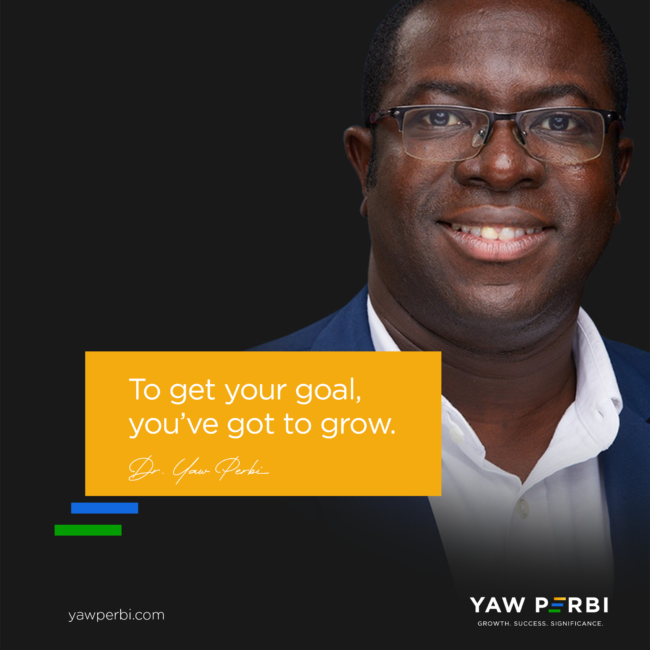
TO GOAL OR GROW? That is the question!
This is so counterintuitive that I don’t beat myself too much for almost completely missing it earlier in my life. I’m glad I have clinched that now: to grow an enterprise, grow people; to hit your goals focus on growing yourself and on the growth process.
GROW ME
Like most people I know, I love the word potential. Potential is the difference between who/where you are now and who/where you could be. Success, then, would be getting to who/where you could be. Being a go(al)-getter, one of the biggest mistakes I’ve made in life has been to keep the target or goal so much in mind and trying to figure out various strategies and timelines to hit it but neglecting the most important thing and most important one: growth and me. John Maxwell puts it succinctly: “To reach your potential you must grow. And to grow, you must be highly intentional about it.”
No matter the systems and structures, tools and technologies, courses and cash one gathers to hit a goal, unless there is investment in the growth of the person(s) involved, the goal is unlikely to happen. To achieve a goal, invest in growth of those the fulfillment of the goal depends on. To grow an enterprise, grow people.
Try something else in the new year: keep the goal in mind but focus on you (or whoever it depends on) and focus on a growth process. Let’s see what happens. I take my mentor John’s counsel seriously: “If you focus on goals, you may hit the goals, but that doesn’t guarantee growth. If you focus on growth, you will grow and always hit growth.” This is how to win, 100% of the time!
Here’s a paragraph from John’s 15 Invaluable Laws of Growth, which at the start of the new year I take a selected few through, that makes the point:
“If you want to discover your purpose, you need to grow in self-awareness. To become a better human being, you need to grow in character. To advance in your career, you need to grow in your skills. To be a better spouse or parent, you need to grow in relationships. To reach your financial goals, you need to grow in your knowledge about how money works. To enrich your soul, you need to grow spiritually.”
In similar fashion, as James Allen wrote in his classic As a Man Thinketh, “People are anxious to improve their circumstances but are unwilling to improve themselves; they therefore remain bound.” Get it? To get your goal you’ve got to grow.
GO WITH ME
Now, assuming you’ve agreed with me that you’ve got to grow to succeed, then the next logical question (in all probability) is how do I grow?. Well, you need to know the principles (laws) governing growth and have a plan and process to grow. Key to this plan and process is, again, people.
They say “we become the combined average of the five people we hang around the most.” Take a quick inventory right now. Depending on who your average five turn out to be, you must be pretty excited or pretty disappointed right now.
Apart from becoming a growing person yourself (towards your goals), you also need growth people, to stimulate, guide and guard your growth. This may be in the form of an accountability friend, a supportive spouse, an executive coach, or a small group like a mastermind.
I like to say that where two or three come together ‘magic’ happens. It is true. No matter how brilliant the ideas I think I have are, somehow when I meet with a group of people to discuss it the final outcome is much much better than my best ideas. It goes without saying that all of us are better than any one of us, any day! That is what Napoleon Hill discovered (mentioned in his 1925 book) and called a” mastermind”–when two people come together they create a third, invisible mind which is greater than the sum of the other two.
So for ideation, encouragement and accountability, everyone needs someone to come alongside them in their growth journey towards goal-getting.
CONCLUSION
To goal or to grow? That is the question. This is so counterintuitive that I don’t beat myself too much for almost completely missing it earlier in my life. I’m glad I have clinched that now: to hit your goals focus on growing yourself and on the growth process. Even if you don’t hit your goal, you will hit your growth.
Be goal-bound (as in, headed towards your goal) not situation-bound (as in, stuck where you are) by being growth-bound (heading towards growth and sticking to growth). Set your goal alright but then focus on the growth it will take. To hit goals, focus on the person(s) involved and on the growth process. To get your goal you’ve got to grow. This is how to win 100% of the time!
Post Script
If you want to see if there’s still room for you in the 2020 Growth Mastermind click here.
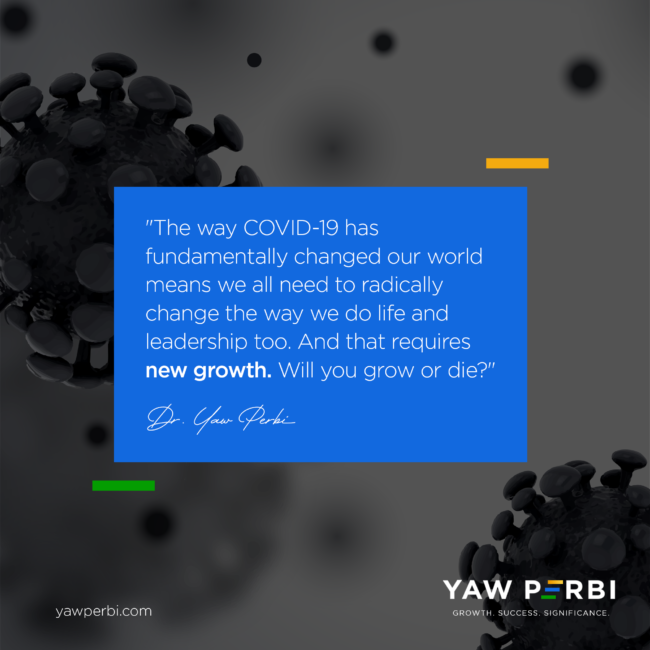
Festival of Nine Lessons & Corona
“The novel coronavirus is not just something for leaders to ”get through” for a few days or weeks. Instead, we need to treat Covid-19 as an economic and cultural blizzard, winter, and beginning of a “little ice age”—a once-in-a-lifetime change that is likely to affect our lives and organizations for years,” says Andy Crouch et al. I concur.
Just before Christmas 2020 my lawyer-banker friend and fellow John Maxwell Certified Trainer/Coach, Samuel Anim Esq., asked that I join him do an autopsy of the pandemic year 2020 live on Facebook/Youtube to draw leadership lessons. I was honoured and humbled. Honoured because it is a privilege to offer thought leadership and there is a myriad of leadership experts to choose from. I was humbled because not only do I not know all the lessons from Covid-19, I am still evaluating and learning from what I would perhaps call “the strangest year of my life.”
Nevertheless I managed to throw a few of my reflections together and gave it a funny title. Since around that time of the year there is the traditional Festival of Nine Lessons & Carols I thought of making this a Festival of Nine Lessons & Corona. Certainly there are more than nine leadership lessons from this Coronavirus pandemic year but here are some:
1. EMBRACE PARADOX
Perhaps no one and nothing captures the paradox of 2020 like Charles Dickens and his classic phrase, “It was the best of times, it was the worst of times” (from A Tale of Two Cities). This same 2020 year, over 1.67 million have died and 42.6 million have recovered. You may have lost someone to COVID-19 but you are alive. I’ve been stuck at home but I’ve had the longest unbroken quality bonding time with my family ever! We lost our family’s physical library services business but gained online business five times the physical capacity. Whole old industries, like aviation, have been decimated but whole new industries have emerged and are booming like Zoom. 2020 has been catastrophic yet catalytic.
Welcome to leadership. Embrace paradox. Think of the paradox of a servant leader, as a prime example of leadership paradox. True leadership is almost always straddling two seemingly opposing worlds, something Bob Fryling describes as “the leadership ellipse” because an ellipse “is defined by two distinctly different focal points that are of equal importance. One point is not inferior to the other, and both are needed if there is to be an ellipse.” I previously blogged about this in more detail here.
“It was the best of times, it was the worst of times, it was the age of wisdom, it was the age of foolishness, it was the epoch of belief, it was the epoch of incredulity, it was the season of light, it was the season of darkness, it was the spring of hope, it was the winter of despair.” ― Charles Dickens, ‘A Tale of Two Cities’
If leadership has always been about managing the tension of tasks or people, money or mission, the present or the future, inner spiritual longings and the outward needs of the group we lead, being and doing, community and cause, truth-telling and putting the right spin on things, to live in the world without being of the world, to be faithful or fruitful etc. then all of these have been put on steroids in a para and post-Covid world.
I have said before and I repeat: “the degree to which one is able to be comfortable with and live, love and lead well in the tension of this and that, yin and yang, determines their ultimate leadership success or otherwise. From my little experience and research, the best leaders in the world are those who are not only able to get comfortable with being uncomfortable living in such tensions but mastered the art of dextrously handling both well.” The post-Covid world leaves us no choice. Embrace paradox or die.
2. MAINTAIN THE MISSION, MUTATE THE MEANS
You and yours don’t want to end up like the Choluteca Bridge in Honduras. It was initially built in 1930 and reconstructed in 1996 to withstand tough weather conditions, including hurricanes. Well, two years later, in 1998, the bridge did prove its mettle, withstanding the category five storm, Hurricane Mitch, that devastated Honduras. Buildings were destroyed and roads wiped out but the bridge survived in near perfect condition. The only problem was that there were no roads for it to connect to anymore (roads wiped out at both ends) and the strong winds of the hurricane had caused the river to carve out an entirely new path that no longer ran under the bridge!
Think about it: a bridge connecting to nowhere and no one; and over nothing! If a bridge is no longer a way or a means to a desired end, then what is it? Similarly, if your pre-Covid means are no longer effective post-Covid as ways to deliver your mission, then of what use are they?
You certainly don’t want to lose sight of your vision or your grip on your mission but when it comes to your strategies, your ways and means to accomplish your mission, you don’t ever want to be dogmatic about that. In matters of mission, be as solid as a rock; but regarding the means flow like a river.
THE OTHER SEVEN LESSONS
3. Global community is the real deal context of leadership
4. Capitalize on era of Business without Borders
5. Heed the Harm to our House (Earth)
6. Inequities, Inequalities, Integrity-lessness will be exposed with time
7. Reflective lifestyle is the must-have rhythm of leadership
8. Become and raise agile “VUCA Prime” Leaders (VUCA is an acronym for Volatile Uncertain Complex Ambiguous)
9. HOPE is the real vaccine.
For further details of each lesson, watch the full video here.
CONCLUSION
If there is any one of these nine Covid-19 life and leadership lessons you need to grow in for a more successful 2021 you’re in good company. Join me. Come to the growth table. Join the 15 Invaluable Laws of Growth January journey in the form of a mastermind group of just 15 high level executives. Register right now here. The way COVID-19 has fundamentally changed our world means we all need to radically change the way we do life and leadership too. And that requires new growth. Will you grow or die?
Post Script
Earlier in the last quarter of the year I shared my faith-based Covid-19 reflections vis-a-vis Christian mission with pastors and church leaders here.
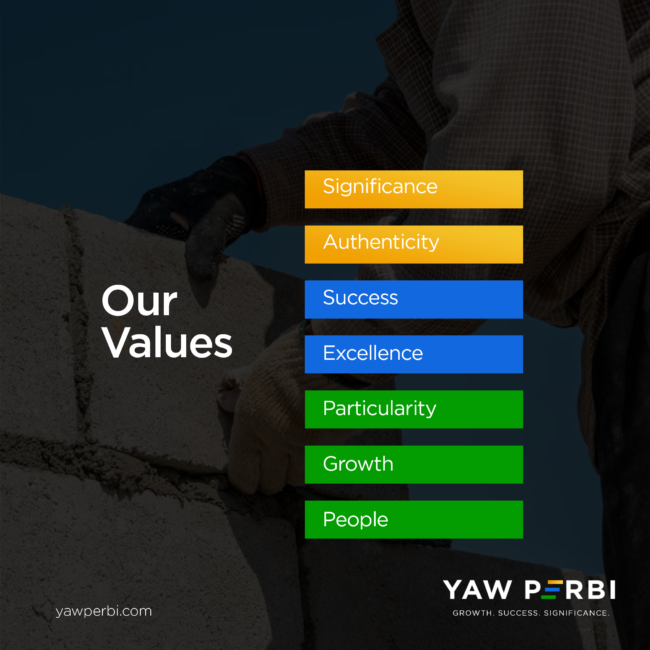
What’s Good? | A Values Convo
A common greeting among today’s cool people is “what’s up?” to which one may sometimes get some really sarcastic answers from uncool people (lol!). A not so common greeting would be, “What’s good?” That would be slang for an invitation to a values conversation. I’ll explain.
For the last couple of weeks I have been raving about the importance of vision, mission and values. My thesis is that these three are so life-giving, life-forming and life-determining that they are aptly described as DNA, be it personal or corporate. I did share some examples of vision and mission statements of companies as well as my own family’s, encouraging professionals to put in the time and work to hone these and commit to them to the same degree they do their corporate work (if not even more). Now a final word on the third piece of the DNA: values.
WHAT ARE VALUES?
Values are what matter most to us—what we value. Yes, our values are literally what we value. They are what we consider to be good, what’s good. What matters most to us about the kind of people we are, the type of work we do and how we behave as we do the work are our values.
Values are the standards a person, family or organization holds to be most important that cause individuals to make decisions and act the way they do. As a mentor of mine puts it, values “represent how a community aspires to act or function as it carries out its mission in pursuit of is vision.” I like this element of aspiration—perhaps we may not have quite attained that standard of behaviour or character or whatever ideal yet but it’s on our books to keep reminding us to keep stretching towards it.
So! In summary, if vision is what we want to SEE and mission is what we will DO to see what we want to see then values determine HOW we will behave (be and do) as we do what we want to do in order to see what we want to see.
PEELING BACK THE LAYERS
Whether ethnic or corporate, culture is basically how things are done here a.k.a behaviour. What many do not realize is that BEHAVIOUR—“what’s done”—is only, quite literally, the tip of the iceberg (which is usually about 10% of the actual size of the iceberg!). Behaviour is only what is seen and experienced on the outside—from dressing to speaking. It’s the soil/crust of the earth (another metaphor), if you like.
Beneath behaviour are the VALUES—“what’s good”—informing it. Digging deeper beneath sea level or soil level we will find the BELIEFS—“what’s true”—or “faith assumptions”, that are determining these values.
Deepest of all, at the bottom of the iceberg or at the core of the earth is our WORLDVIEW—“what’s real.” That is the root of the fruit we see called behaviour or culture.
Whether it is individuals or families, churches or corporations, how many times haven’t we attempted to change behaviour without digging all the way to the worldview source?
VALUES ARE NOT PRINCIPLES
I am of the Covey school of thought that values are not synonymous with principles. Principles are timeless, universal laws that govern everything (from physical laws of Physics to spiritual laws) but you can choose to value them and/or have values based on those laws or not. For example, there is a certain ethnic group I have come across that does not give children eggs (behaviour/culture). Undergirding this is not valuing eggs in children’s diet. But underlying this further is a belief that the children would become bald (like an egg) and become thieves (or both). At the very core of this ethnic culture is a certain animistic worldview that produces the belief that leads to the value and produces the behaviour of not feeding children eggs.
This value, no matter how cherished, goes against the principles of nutrition. Breaking the principle because of this value results in protein-energy undernutrition in the community whose two primary chronic forms are kwashiorkor and marasmus.
SO WHAT’S GOOD?
It is absolutely essential that everyone, personally and corporately, determine their values. Values comprise part of the DNA that gives, forms and determines the kind of life you lead. But like the chemical bases that form DNA, it is worth examining the formative beliefs and underlying worldview that bring forth these values. In the end, what’s good is determined by what’s core.

Family DNA: Vision, Mission & Values
What if we took our families as seriously as we take our corporate work, beginning with crafting solid family vision and mission statements and clearly outlining our family values?
When I was still in my late teens and learnt about mission statements from The 7 Habits of Highly Effective People I was über excited! I was an eager beaver, wanting to learn more and actually crafting one for myself. In addition, I was eager to teach everybody who would listen to craft one too. In fact, a large part of why and how The HuD Group was born was because we wanted to inspire and empower young people to discover their God-given purpose and reach their full potential using tools like personal mission statements. Then I tried to convince my parents to work with my siblings and me to create one for our family. Let’s just say, I did not succeed.
Most of us work in places that have vision and mission statements and a slew of values. Those of us who are C-level leaders are responsible for recasting vision constantly, clearly and creatively as well as rehashing our mission and values. I would surmise the majority of us take this sacred duty of leadership very seriously. How come we don’t do same for our families? Most smart, skillful and dedicated professionals I know have no family vision and mission statements and haven’t bothered to distill the family’s values, let alone clearly state these and have them written down.
Yet as already asserted in a previous article, vision, mission and values are the DNA of both individuals and organizations as they are really of life-giving, life-forming and life-replicating essence. So it is with families. While every family has its physical DNA passed down from ancestors, how about the important metaphysical DNA represented by our families’ vision, mission and values?
Today, I wish to share with you my own nuclear family’s vision and mission statement for our home. We have a broader vision and mission that encompass not only our home but also all the corporate and charity ventures we’re involved in but what I’m sharing here is specific to our home.
VISION FOR THE PERBI HOME
An INCUBATOR for hatching godly, effectual leaders for the mission of God.
MISSION STATEMENT OF THE PERBI HOME
Ours is a family in which God delights because God is the centre of all activities in this household. Every ordinary activity becomes worship by practising God’s presence.
We are first and foremost Christians thus sharing fellowship and building each other up by lifestyle is a matter of course, and if necessary doing so with words. The flame on our Family Altar shall always burn brightly.
In our household, Jesus Christ is the standard of behaviour. This is the Potter’s house, where God by His Spirit moulds members and guests alike to conform to the image of Christ in attitude, thought, word and deed. The Word of God is our family constitution.
Ours is a neat, comfortable, cosy, Spirit-filled home; an inspiring environment which is as stimulating as is peaceful, is grace-filled, God-honouring, purpose-driven, paradigm-shifting, principle-centred, and character-based. Any entertainment must be wholesome, building & beneficial.
The Perbis’ is a home full of warm, smiling, serviceable and humble people who will at all times be of use to each other and to all of God’s people in a holistic manner.
This is a missionary family—living missionally, raising, receiving, sending and supporting carriers of the gospel of Jesus Christ.
That it will always be said of our home, our legacy, all to the glory of God: the standard of a Christian marriage, the epitome of a true Christian family.
CONCLUDING ENCOURAGEMENT
At the start of each week, as we round up our weekly sabbath, we remind ourselves of our vision and mission statement. Even our three-year old knows what our vision is. She can shout “incubator!” Not only are our values embedded in our family mission statement, the children find the English version of their names in there as well.
This is holy work and I insist that every coaching client of mine works with their spouse and children (if they’re grown enough to contribute) to work on crafting solid family vision and mission statements and clearly outlining their family values. And of course, a key thing is to ensure that their personal and family values align with who they’re working for/with in the corporate world. No DNA, no life. Good DNA, good life. Bad DNA, bad news. Let’s take our families as seriously, nay, even more seriously than we do our workplaces. After all, companies come and go but family is forever.
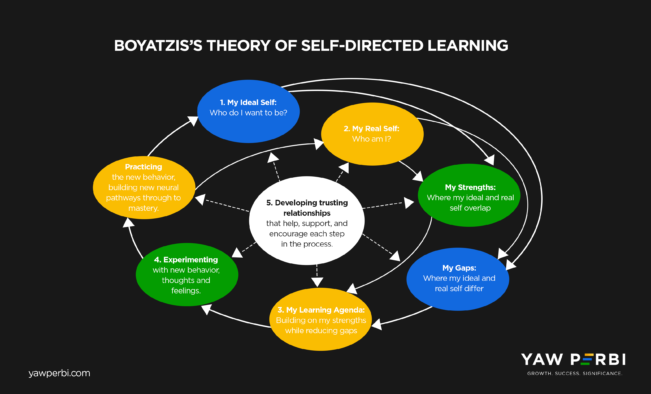
GET COACHED | How does it work?
“Your journey to leadership is likely to take many unexpected turns. Life is full of challenging situations, including ethical dilemmas, midcourse career changes or burnout, seemingly intractable interpersonal challenges, marriage and family issues, failures, and loneliness. At times, you may feel you are losing your way or have gotten off course from your True North. Getting back on track alone is very difficult, perhaps even impossible” (Bill George). That’s why you need a coach.
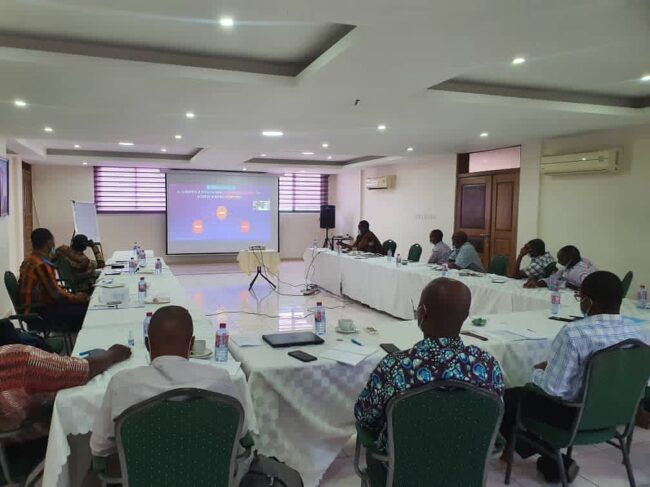
A group of Medical Superintendents in Ghana viewing a live YAW PERBI presentation on Emotional Intelligence via Zoom
If you’ve followed me on social media over the last few days you should’ve noticed a couple of posts about my excitement to train a group of Medical Superintendents in Ghana on Emotional Intelligence (EQ). Of course everybody needs (EQ) but one reason doctors in particular do is that they tend to think because they are smart and got into med school they would be successful in life and leadership. To our rude shock (and I say ‘our’ because I am a doctor myself), after a certain threshold, intelligence (IQ) doesn’t matter anymore, and what gives the winning edge to succeed is all EQ.
NO ONE CAN HELP THEMSELVES WITHOUT BEING HELPED
After an hour of training on what EQ is, five reasons why it’s key and how to acquire it, I left them with Boyatzis’s theory of self-directed learning. I first encountered this during my read of Primal Leadership, a book he co-authored with the chap who most popularized EQ from 1995 till date, Daniel Goleman. Boyatzis’s map (see below) begins with a hopeful “Who do I want to be?”, a picture of your ideal self. This existential question is at the very apex of Maslow’s hierarchy of needs (if you remember); it is a question of self-actualization. But the next question, which in my opinion really should be the first, is ‘Who am I?’, your real self.
Integrating those two questions reveals one’s strengths (where your ideal and real self overlap) and your gaps (where your ideal and real self differ). Your learning agenda or growth plan, therefore, basically involves building on your strengths while reducing your gaps. And so you begin: experimenting with new thoughts (head), feelings (heart) and behaviours (hands). Practicing your new behaviours actually results in building new neural pathways to success/mastery.
But here is the kicker: Central to all of these points, steps, and pathways is “DEVELOPING TRUSTING RELATIONSHIPS that help, support and encourage each step in the process.” Again, that’s where a professional coach comes in. Even in this so-called ‘self-directed’ learning, no man is an island and needs the vital trusted relationships to make their growth and goals happen.
COACHING MOMENT
Do you have someone that will tell you the truth and to whom you can tell the truth? Do you have the authentic relationships and customized resources to clarify your beliefs and values and understand vital personal and professional issues and receive honest feedback when you need it most?
A coach’s responsibility is to provide content, insight, tools, wisdom, framework, ideas, and feedback. YOUR responsibility is to move from awareness to action and accountability. Our coaching provides many structures for you to meet your individual and organizational goals.
For John Maxwell certified coaches like myself, whether it’s one-on-one executive coaching or one-on-few, we like to say that the objectives of coaching include, but are not limited to:
- Discovery of personal identity, emotional needs, purpose (vision & mission) and values
- Crafting of personal, professional and corporate Growth Plan
- Adding an objective and supportive third party to your leadership team
- Increasing accountability of your personal and professional goals
- Improving specific skills related to your role. Such as managerial skills, communication, conflict resolution, time management, productivity, and effectiveness
- Sharing best practices from other organizations that have done similar work
- Reviewing strategic business decisions related to operations, customer service, marketing, financials, and more
- Being a sounding board
- Preventing problems, thereby avoiding expensive, time consuming or embarrassing actions
- Supporting your growth past your limiting beliefs
- Conflict resolution
- Creating a team atmosphere
- Relationship development for success and significance.
COACHING OPTIONS (FOR C-LEVEL EXECUTIVES, OWNERS & GENERAL MANAGERS)
Coaching Categories: Depending on your goals and budget, at YAW PERBI we offer Green, Blue and Gold level coaching. Currently only Gold services are available, and they are limited.
Time & Place: All coaching programs require a minimum time investment of 6-12 months. Coaching is a marathon, rather than a sprint! Depending on whether Green, Blue or Gold level, the coaching package includes 2, 3 or 4 sessions a month lasting approximately 60-90 minutes. Sessions can be at your office, my place of business, or a mutually agreed upon location. In these days of COVID-19, online coaching is our mainstay via Zoom. Phone coaching is also an option but I prefer to see the individual to observe body language and such.
Special arrangements: Sometimes included in a gold package is two full days of shadowing, facilitation of a two meetings of your choice (up to 2 hours each), and unlimited phone calls and emails in between sessions. In addition, you or any of your employees will benefit from a 25% discount for any company training/workshops.
Other coaching services: Group Coaching, Sales Coaching, Couples Coaching, Business Partner Coaching, Youth Coaching, Relationship Coaching, Genogram Coaching and more (they include these but not limited to them).
Payment arrangements: These are to be made before services are provided, and as agreed upon via this website, mobile money, PayPal, cheques or bank transfers.
Miscellaneous: We will always be punctual. If you need to reschedule, 24 hours advance notice is required or one-half of the coaching session is lost. If for some reason I need to reschedule and do not do so with a 24-hour notice, you will be credited with an additional one-half coaching session, at no additional charge. Our coaching relationship is completely confidential. We will never share your identity or any information about you with any other person or organization without your expressed consent. In the unlikely event that there are concerns that need to be referred to another professional, I may be able to make that suggestion to you.
Completing our coaching relationship is a mutual decision. While my retention percentage is very high, there may come a time when you determine that it is time to complete our coaching relationship. If and when that time comes, I expect that the coachee will give me at least four weeks’ notice. That will give us time to summarize your growth/learning and strategize your next steps.
Our services are unconditionally guaranteed. If at any time you feel that you are not getting the support, honesty, coaching, or training that you expect, then you need to tell me.
LET’S GO!
If you are serious about growth, success and significance you need a coach. The proof of your commitment is your investment of quality time, best effort and substantial money. Even as a coach, I also have a paid coach. Everybody needs somebody to coach them. So! Make arrangements here and now for a 30-minute exploratory call to see if we would be a good match.

